Category: Uncategorised
Week 3
MONDAY
Reminder: Pay for Field Trip on Eventrbrite
Meet Friday 9:30 at Bus Loop! See itinerary for details
*Reading notes due on blog
Sal and Ava – 2023
Assignment: One Feat, Three Ways video project
Video Art: One FEAT, Three Ways*
You will work with a partner to make three videos less than 2-minutes each in length each.
Your videos should be shot at the studio in controlled, illuminated conditions.
Pick your FEAT. You will repeat variations on your “FEAT” in each video below.
Your FEAT should be an everyday gesture or activity that you can push to its limits. Push yourself to your limits. Push a material to its limits. Do not take ANY risks with your safety – subtle, quiet, funny risks are better and more interesting anyway. Just watching someone smiling as long as they can as hard as you can is fascinating and even painful to watch for its duration.
Examples of gestures from past students include: Eating something, Juggling, Kissing, Blowing up a Balloon, Smiling, Holding an Awkward Pose, Reaching for Things out of Reach… etc.
It might be an absurd thing – something pointless, or an impossible feat that you can’t actually do
The object is to try to do the thing, not to “act” – and what happens… happens!
You, your partner, or someone else may perform. Maintain your concentration and explore how a simple gesture becomes interesting when performed with commitment and intention.
NOTE: Add a title to each video, and videos should be approximately 1-2 minutes in length.
Video #1: The One-Shot
The video will consist of “one shot” – there will be no editing, other than a black screen to mark the beginning and end of the video. You may focus on camera function, unusual points of view, and framing. You will also add titles and end credits to your videos.
Video #2: The Sequence
The object of this video exercise is to shoot a series of shots with the intention to edit them into a sequence. It may require 5 minutes, an hour, a day, or a week, and you can show it in a series of stills or a time lapse. Edit your footage to be less than two minutes.
Video #3: The Loop
The object of this video exercise is to create a video that is meant to be played over and over again indefinitely, without stopping. Consider the content of the video when you are shooting your feat, and use looping to complete the meaning of the work. Don’t make a short GIF type video – think of a longer loop – something that could play in a gallery on repeat without end.
Edit your loop footage to be less than 2 minutes long, and then play on a loop for the critique.
_______________________________________________________________
Videos will be graded by the degree to which students demonstrate:
- Understanding of the key concepts in the assignment
- Clarity and originality of ideas
- Investment of time and contributions to the group
- Focus in performance and intentionality about everything in the frame
- Technical success using lighting and professional camera equipment in works, and technical success using editing software and exporting gallery-quality video
- Presentation and openness to feedback during critique
Students are also expected to post a final work (including any revisions after critique) to the class blog with a title, artist names, and a short description of the work within ONE WEEK of the critique for final marks.
Videos will not receive a grade until a work is posted on the class blog.
Video Artist references:
- Yoko Ono
- Bruce Nauman
- Adrian Piper
- Pipilotti Rist
- Michelle Pearson Clarke
- Lee Walton
- William Wegman
- Jon Sasaki
- Camille Turner
- Marina Abramovic
- Kelly Mark
- Euan MacDonald
- Wood and Harrison
- Erwin Wurm
- Maria Hupfield
- Student examples
**Be safe and respectful to yourself and others at all times! Talk with me if you have any questions about your project. Never perform unsafe activities for your projects in this or any class in Studio Art.
—
Lecture: Simple Instruction Videos
Reading and exercise:
Turning the Gestures of Everyday Life into Art, Katja Heitmann

Movement workshop:
(from Yoga, and dance)
Habits of of movement exchange:
- Describe the habitual movements/unconscious gestures, tics etc. of 3 people you know well. How do individual body parts move, and how does the whole body interact? What about facial expressions, and emotional valence of the movement? How does body type inform the movement?
- WARM UP EXERCISE all together – breathing, bouncing on knees, shaking it out, breathing together.
- Teach your partner one of the choreographies. Rehearse, and record 30 seconds of video of each performance.
- CHANGE PARTNERS. Repeat – Teach another partner another choreography. Rehearse, and record 30 seconds of video of each performance.
- CHANGE PARTNERS. Repeat – Teach another partner another choreography. Rehearse, and record 30 seconds of video of each performance.
At the end, you should have three, 30-second videos of other students performing an archive of movements. Use this footage for your editing workshop.
WEDNESDAY
Field Trip Reminders: Make a short blog post describing and reflecting on TWO artworks you were interested in from the field trip including images. Please pay for your trip on the Field Trip Eventbrite Link.
More examples of student videos:
(SEE DESKTOP for 1 minute examples – lemons, hugging, denim…)
Avery – Bubble Gum videos
https://x1.experimentalstudio.ca/2023/01/17/avery/
Discuss ideas with partners, and with Diane
Camera and Lighting Demo with Nathan
STUDIO BOOKINGS, DISCUSS IDEAS AND WORK TIME
See Nathan to book studios and lighting, and for technical and camera assistance.
Talk to Rachelle for bookings in the Photo studio – in 406
Jack
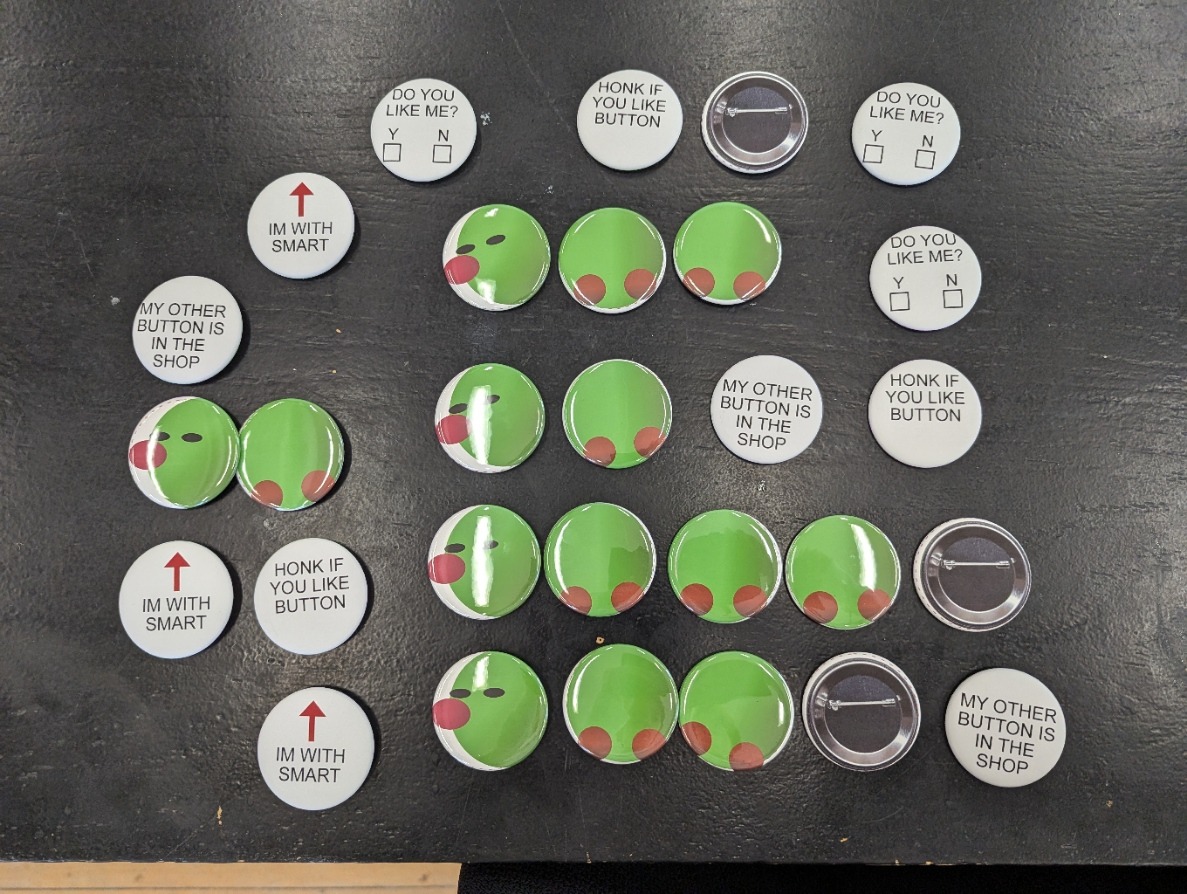
I made two sets of buttons because I felt as if the “trope-y” buttons were a little gimmicky. The first set includes common t-shirt and bumper sticker tropes adapted to button formats. the second is a caterpillar that grows depending on the number of segments attached. My first idea plays with the format of buttons, the graphic imagery and “choice to display”. The second approaches the physical space and arrangement of buttons.
CONCEPTUAL PORTRAIT
A portrait of a fish: a bowl of water. Something a fish sees every day, it is ubiquitous with “fish”. A very common pet but potentially one of the most difficult animals to read; we can hear the noise from a dog playing and guess that it is happy- we can not hear a fish swimming and understand it’s mood.- it also conveys how we can never understand what it is like to live as another human, let alone another animal. – maybe two containers, what we see everyday; air & what a fish sees; water
JFK Goes to Candy Mountain
With this piece I wanted to Explore a fusion of internet content to create a inspirational journey. I took from two iconic sources JFK’s Inauguration speech and the Youtube video “Charlie The Unicorn” to create a new story where the characters intersect. This piece is about the absurdity of internet culture and the amount of context needed to identify internet “comedy” videos. It also explores the flattening of history, as


pictured on the left, Flatbread Library by Sameer Farooq really held my attention. I was so enthralled by the dichotomy it presented. A collection of different cultures and a collection of one humanity. Every culture is so different but at the same time, every culture has a type of flatbread. It also speaks on immigration and the emotional power of connection as all of the bread was collected from the GTA. To me it represents the vast amounts of culture and knowledge around every corner, as well as a sense of unity that can cross cultural bounderies.
Pictured on the right, Interface Remix was the gallery installation by Tishan Hsu. On the top floor of the Moca I walked in circles and Hsu pulled me to an alternate future filled with bio-technological horror. Tishan Hsu’s exhibit played with form, flesh, and machine, combining the natural and unnatural to create something new and futuristic. Hsu explored the rapid growth of technology, as well as alienation and abstraction of the human form. Although most of his work depicts “the future” it couldn’t feel any more relevant or present than right now.
The scale of a kilometer varies based on the measurement. Walking a kilometer is not difficult but visualizing a kilometer is. My idea allows for the visualization of a kilometer through sound, as the listener hears the accumulation of noise from one thousand guitars. One singular guitar is one meter long, meaning that one thousand guitars measured together would be one kilometer at length. The audio of my piece shows the magnitude of measuring a kilometer in objects, subjecting the listener to the chaotic wall of sound that would be created if all one thousand of those guitars were played at once.
1km = 1000 Memories
Week 2
MONDAY
Critique of KILOMETRE assignment
WEDNESDAY
Finish Kilometre critiques
FIELD TRIP Itinerary and LINK TO PAY:
Lecture: Early Video Art and Self-Performance
https://x1.experimentalstudio.ca/2023/01/17/intro-to-video-art/
HOMEWORK:
Examples of works by Pipilotti Rist:

Read the article The World’s Most Colourful Video Artist –
https://www.nytimes.com/2009/11/15/magazine/15rist-t.html?smid=url-share
For a PDF of the article click here –
Create a short blog post responding to the reading, and reflecting on these questions:
- Post an image from one of Rist’s videos that you are most interested in. Summarize the action of the video. Who is performing, and how? Describe the images – including framing, colours, and movement. How did she shoot and edit the video? Describe the sound and how it interacts/enhances/competes with the images. How is it installed in a gallery – in terms of projection/scale/presentation in a context of other things? How does the work strike you?
- Rist has had a long career in video art making – how do you relate it to the kinds of video that you might see all the time on Tik Tok or You Tube, in our time? Reflect on her performances and also – on her ideas (particularly about women’s bodies, and sexuality, exposure, behaving strangely or subversively…) and how they play out from examples in her works.
- Experiment: While still at school – put on your sweater/shirt INSIDE OUT. How does this change how you feel? Is it changing how other’s are treating you? If you can wear your sweater/shirt inside out all day – make a few notes about the results of this very small change in your presentation in public. Is this a performance? Why?
Norah
For my 1km project, I watched the full 45-minute episode, season 3 episode 6 “The Ambush” of Real Housewives Of New York. In this time frame, I recorded every time a housewife’s name was mentioned in my notebook. After recording multiple 1km walks I found it takes me about 1500 steps to walk a kilometre, I tallied up the names and number of times mentioned until I got to 150 names mentioned, then I took ten steps for each name in order to take 1500 steps for a kilometre of housewives!
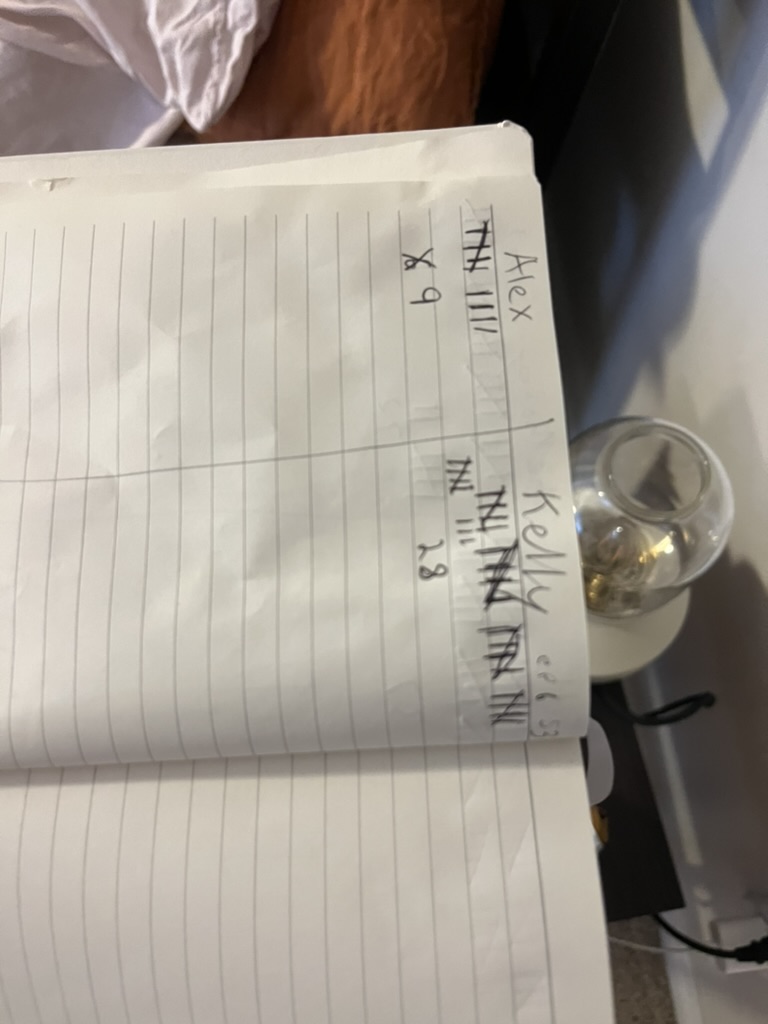
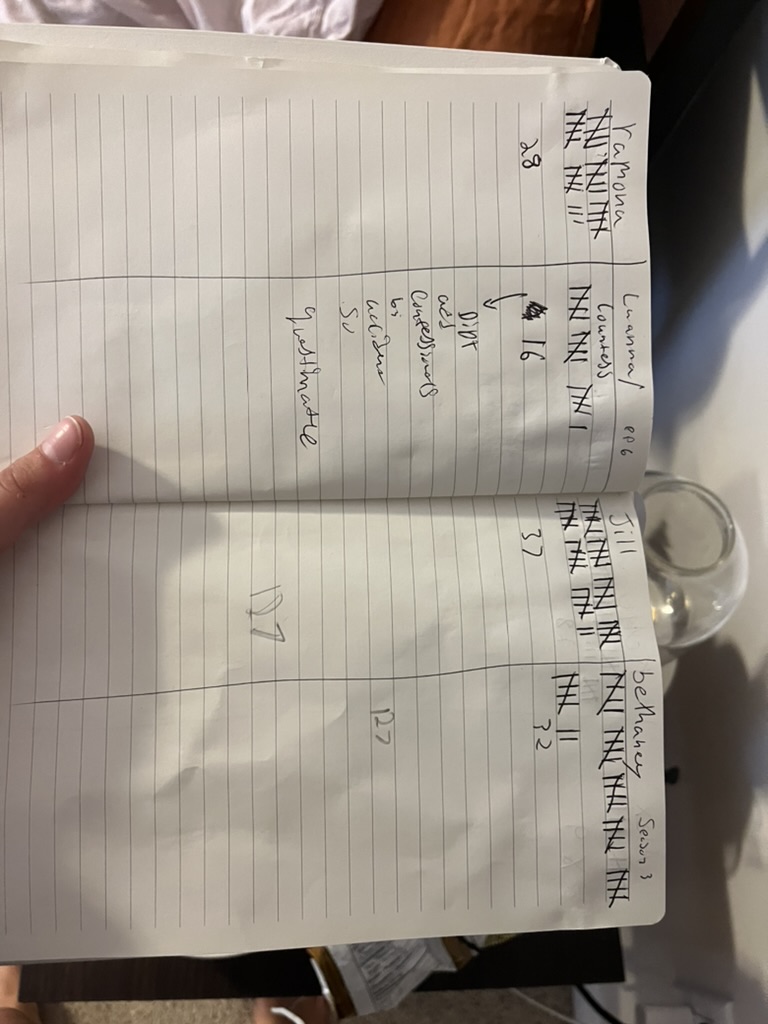
I watch Housewives in the background while doing mundane tasks like laundry, cleaning, cooking etc. Because of this, I find these boring activities entertaining and associate memories of me cleaning and taking care of myself (and my surroundings) with the names and voices of the cast of Real Housewives as they argue over ridiculous things. Additionally, I found it interesting how the number of times certain cast members are mentioned reflects their involvement in the drama or conflict of the episode.
Questions:
- Post an image from one of Rist’s videos that you are most interested in. Summarize the action of the video. Who is performing, and how? Describe the images – including framing, colours, and movement. How did she shoot and edit the video? Describe the sound and how it interacts/enhances/competes with the images. How is it installed in a gallery – in terms of projection/scale/presentation in the context of other things? How does the work strike you?
This image of Rist’s “Open My Glade” being displayed in Times Square is quite eye-catching and particularly stuck with me. The video consists of Rist pressing her face against the glass as if she is stuck and trying to escape face first. Her eyes are captivating and it feels as if she is looking directly at you, this can be due to the large scale of the artwork as well as the artist’s facial expressions.
This artwork stands out due to its political relevance. At the time of this display in Times Square, Trump was a month away from being sworn into office as the president. The shock that a man who publicly treats and talks about women the way that Donald Trump does, could be voted to be leader of a country is not only deeply disappointing but very scary for women. The artwork is political because of the way Rist presents herself as a woman, messy, smeared makeup, ‘grotesque’, improper, etc. This goes against the many societal beauty standards that we are used to seeing when we see women on Times Square building boards (for example, Cindy Crawford down below). The theme of feminism in Rist’s artwork is not uncommon and very near and dear to the artist’s heart. Rist herself remembers women in Switzerland gaining the right to vote in national elections (1971), it is perhaps due to Rist’s upbringing in a country with a hundred-year battle for female equality that formed her innately bold and feminine style of performance art. In many ways, the message of “Open My Glade” can be applied and compared to both the past and present political and social views of women worldwide.
Cindy Crawford Times Square
- Rist has had a long career in video art making – how do you relate it to the kinds of video that you might see all the time on Tik Tok or You Tube, in our time? Reflect on her performances and also – on her ideas (particularly about women’s bodies, and sexuality, exposure, behaving strangely or subversively…) and how they play out from examples in her works.
Rist’s style of video art is often a display of female freedom and independence. Rist’s videos often feature bright saturated colours that catch the eye and light up the screen making the videos more attractive to viewers.
Rist challenges what is socially acceptable for women exposing herself emotionally and physically to the world, as a woman. Her video creations paved the way for feminist video culture and continued to influence women on a large scale. For example, Beyonce used one of Rist’s feminist videos where the artist smashes a car window with a flower and recrated the scenery with a bat, this music video was huge and the message of the song was rooted in female independence, rage and strength, just like the message from the original video “Ever is Over all”. Therefore, we see her artistic work directly referenced in video culture today.
- Experiment: While still at school – put on your sweater/shirt INSIDE OUT. How does this change how you feel? Is it changing how other’s are treating you? If you can wear your sweater/shirt inside out all day – make a few notes about the results of this very small change in your presentation in public. Is this a performance? Why?
Last Thursday I worse my sweater inside out to my European cinema class, only one person said anything, my friend breeze, but other than that not much different happened I guess it was due to the sweater I picked not being as noticeably inside out as other sweatshirt designs.
September 27th Field Trip Blog Post:
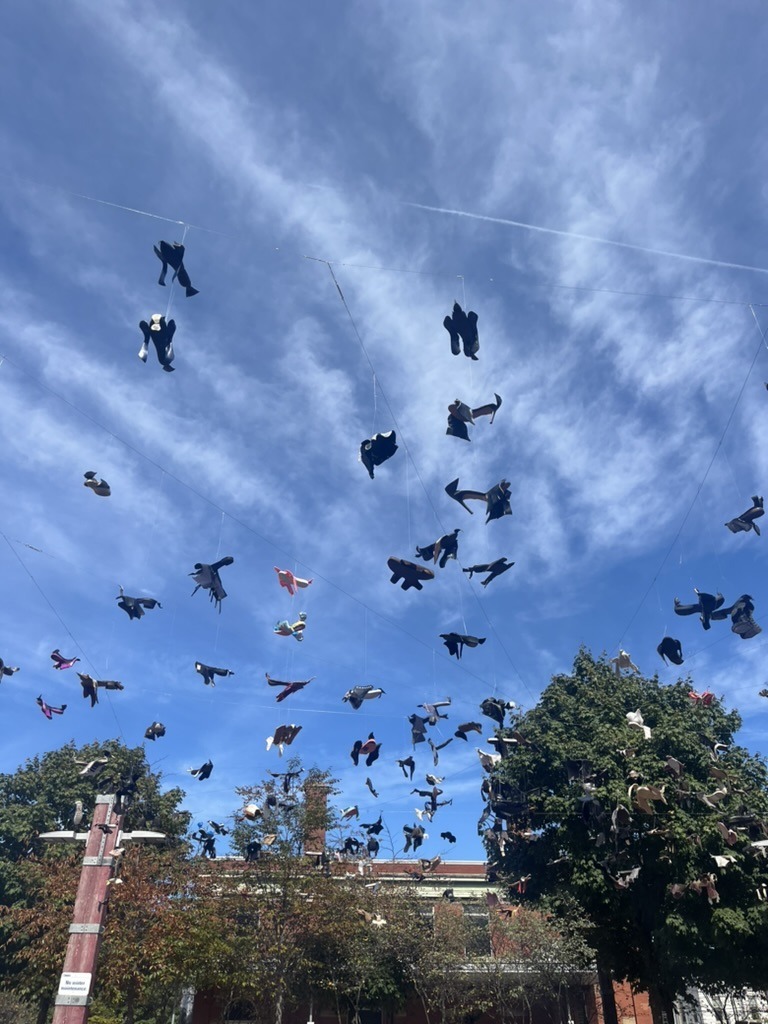
On the field trip I found Maria Ezcurra’s Passing, 2020, quite interesting and eye-catching. The placement and design of the shoes make the figures look very similar to birds mid-flight and the artist’s ability to create motion out of motionless objects is incredibly impressive!! Not only does the physical artwork mimic real-life birds in flight but the shadows below the shoes also mimic the shoes’ bird like form. This artwork not only beautiful to look at but has a very personal connection to the artist as the artwork is about Maria’s experience as an immigrant and migrating to a different place. Maria is a Mexican-Candian artist who is currently living and working in Montreal. the deconstructed shoes are used to represent the strength and vulnerability of the many people and populations who migrate. The shoes can be used to represent the journey of migration as well as the birds themselves being the biggest representation of migration as many birds migrate yearly to survive and avoid the cold winters in Canada (for example). This artwork draws attention to the strength and resilience of migrant populations as well as the migratory experience and it’s connection to one’s social, economic, environmental and political aspects of life. Overall this art work is very bold in presence as well as it’s message!
video project:
For this project, my partner and I explored traditionally “gross” table manners/behaviours. The videos focus on women’s behaviour and the societal expectations set (specifically) for women to follow. The setting is meant to replicate a dining table with the performer on one end and the viewer on the other, as if the audience is dining with the person on screen. The audience is supposed to feel as if they are in real time eating a meal with the performer as they display improper table manners.
audio project:
The zipper was first introduced as a scandalous idea, in A Huxley’s Brave New World to show the sexual advancement society has made the author included zippers in the characters’ wardrobes. Zippers at the time of the novel’s release were considered scandalous as they (unlike buttons) were easier to get off and therefore attached to the idea of quick nudity easy (access to) sex and sexual liberty. Just as in Huxley’s novel, my own personal use of zippers is meant to provoke the scandalous connotations that zippers were originally introduced with. Additionally the idea was for the sounds of the zipper to overwhelm/overstimulate the audience and provoke a sense of discomfort, just as the idea of zippers would have 60-80 years ago. Additionally, the sound of the zippers is meant to be overwhelming and replicate the commotion and constant rush of the brain. For my second attempt, I went with a slow zipper to further my original idea/concept of zippers and the connection the this clothing based device and sexuality and or sensuality.
For my conceptual portrait, I chose to use beds as the everyday object in the portraits. Beds are often seen/associated with safety, comfort, and a place to lay your head after a long day. Beds are not only stylistically different depending on the person, but the sleep patterns, bodily prints left in the sheets, the favourable objects (chosen to be in one’s bed) and more associated with sleep and bedding, differ. Additionally, The print of one’s body left in the bed is visually interesting as well as the destruction (or lack of) left by one’s sleeping pattern. If beds are considered sanctuaries of peace and rest what does one’s bedding arrangement explain about them? what point of their life are they at? What do they favour or require in a place of rest etc.
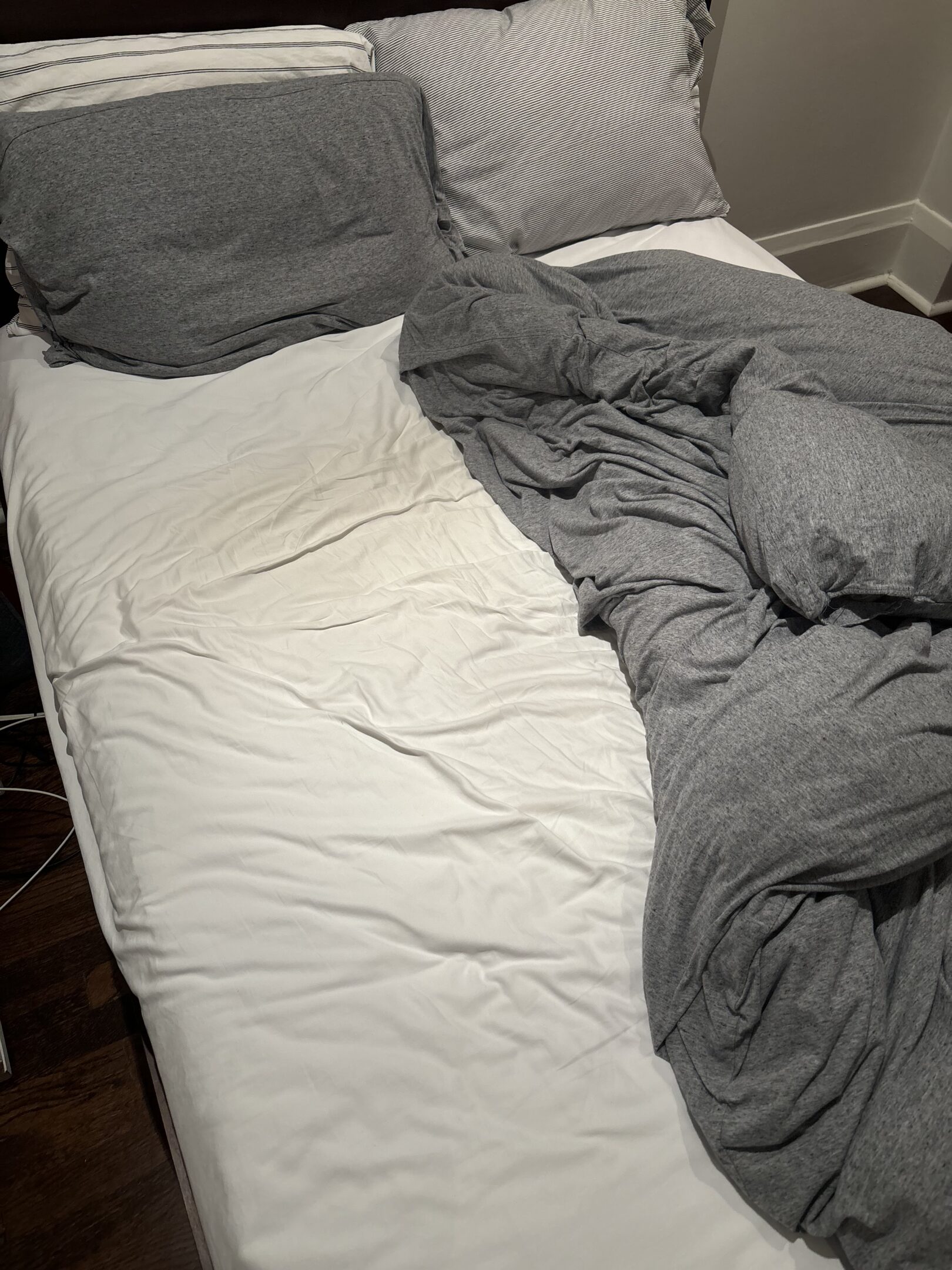
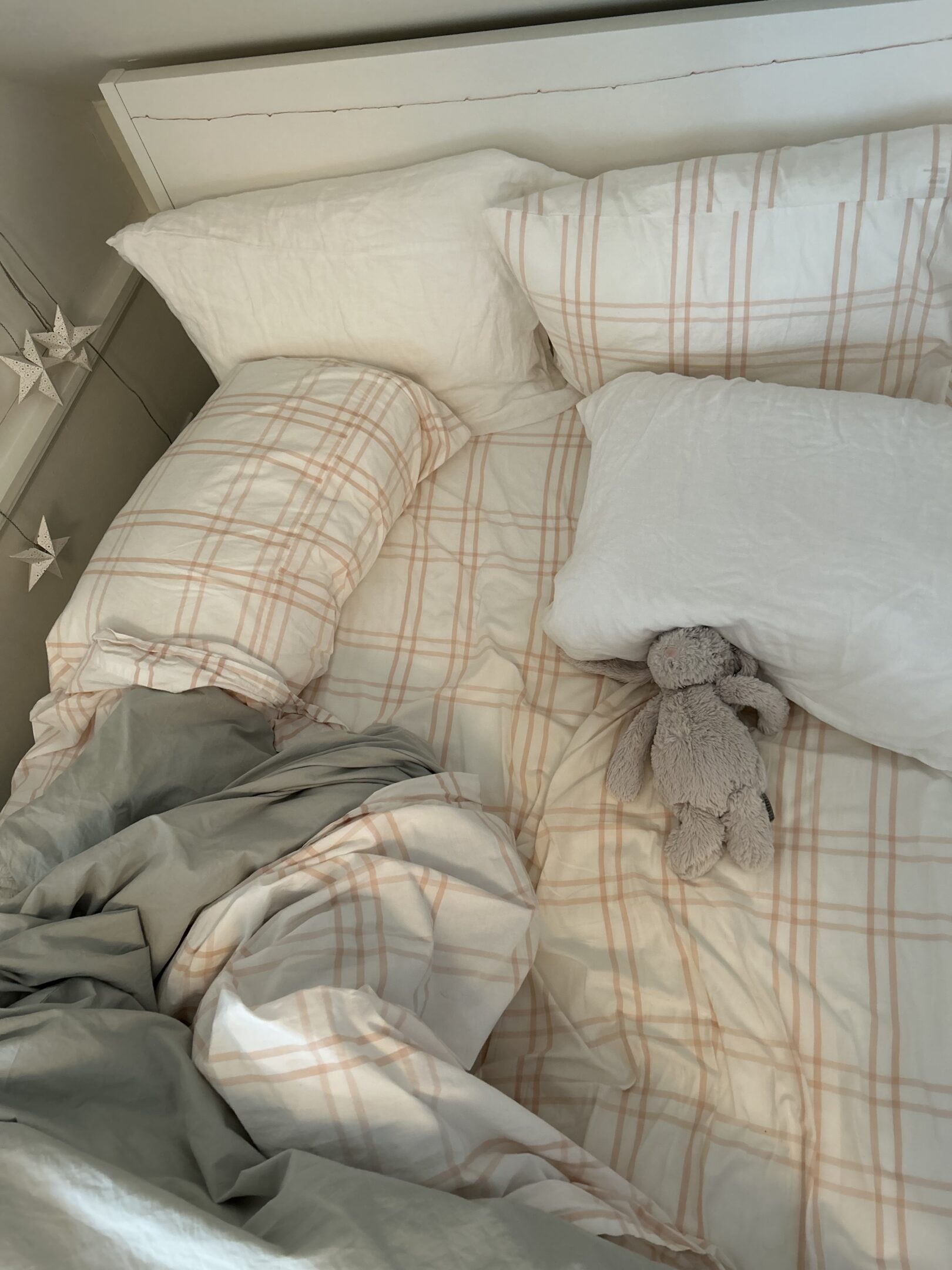
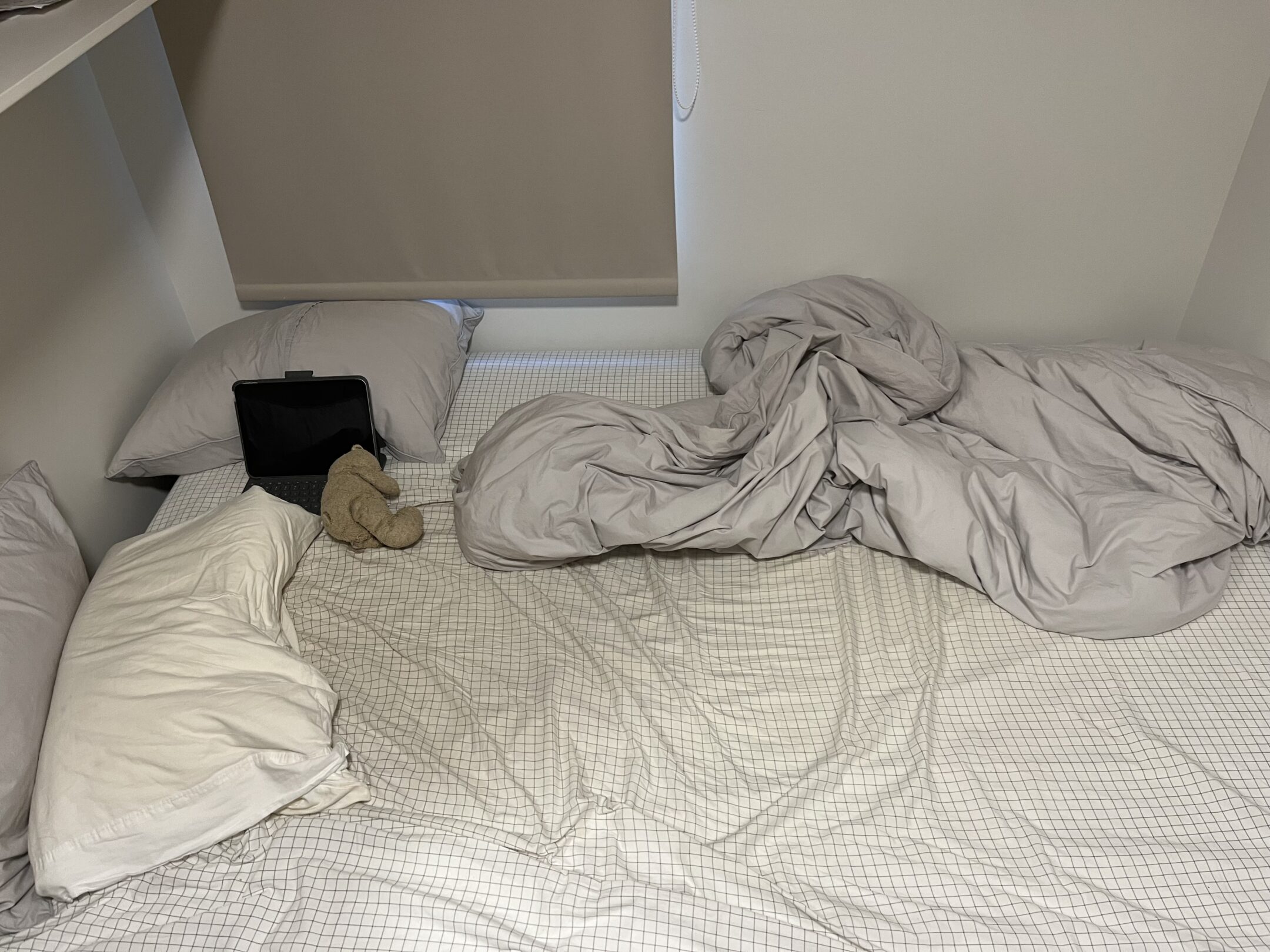
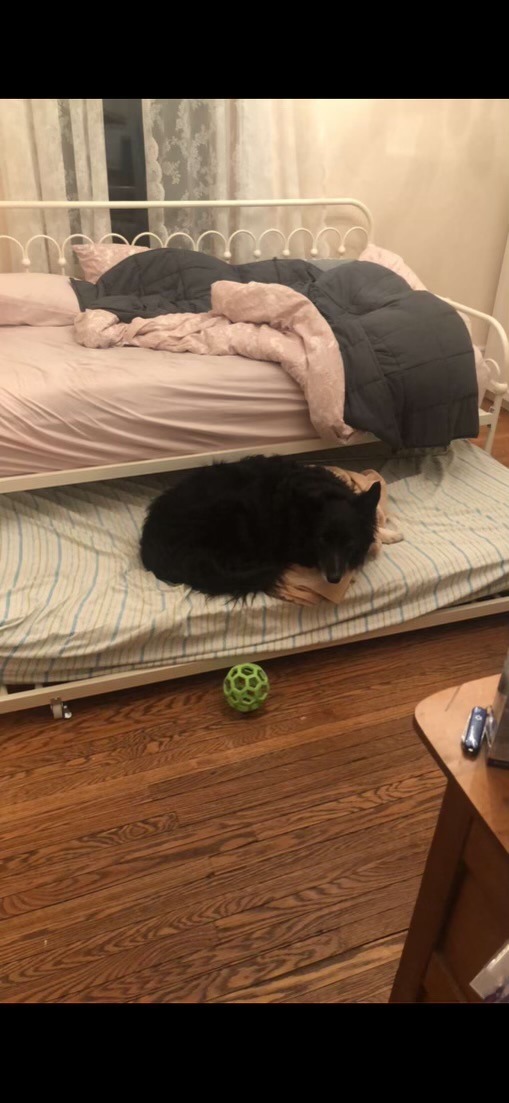
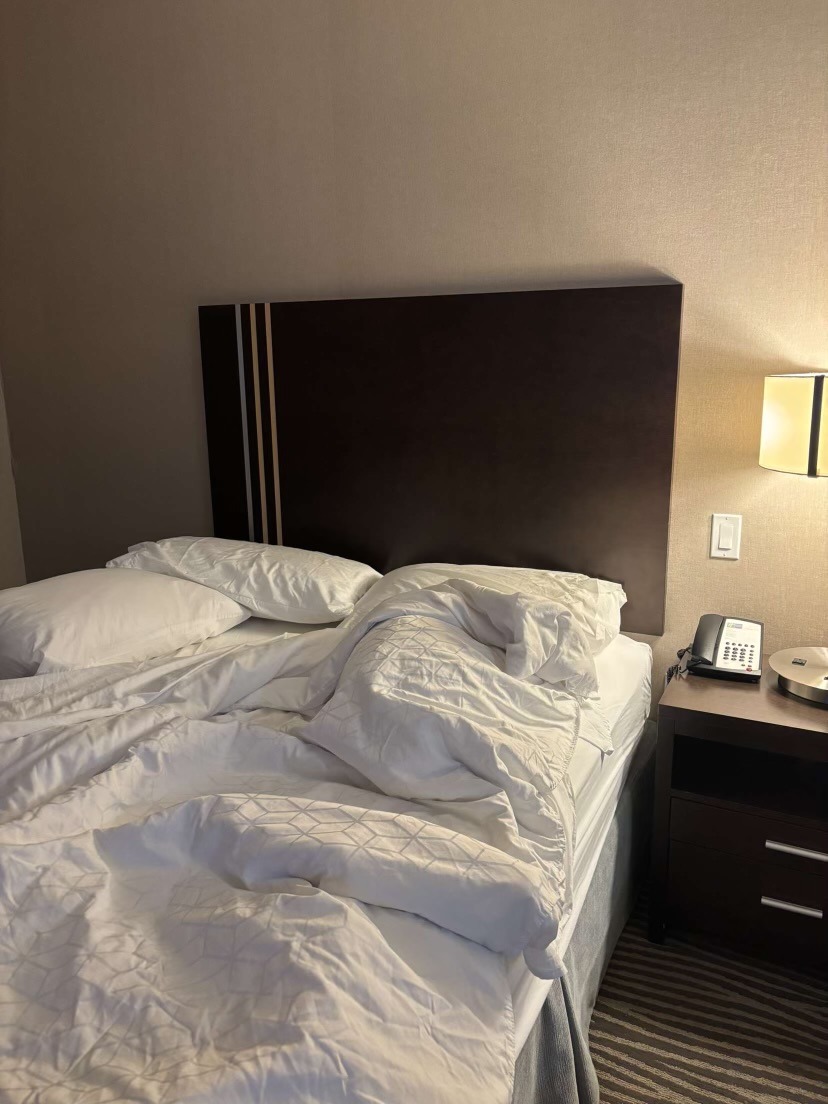
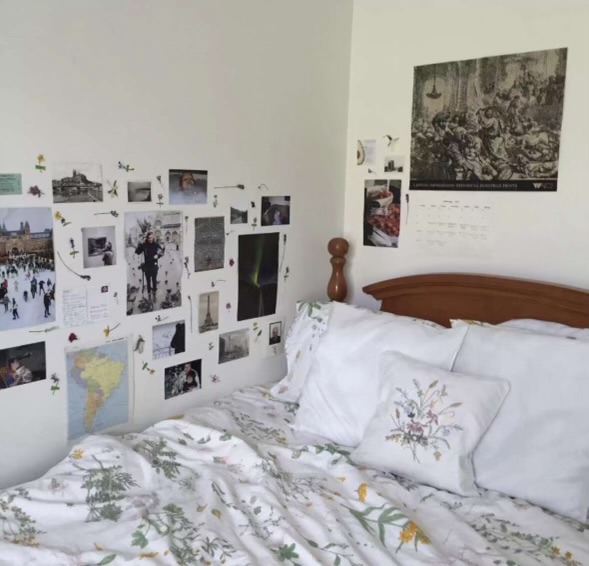
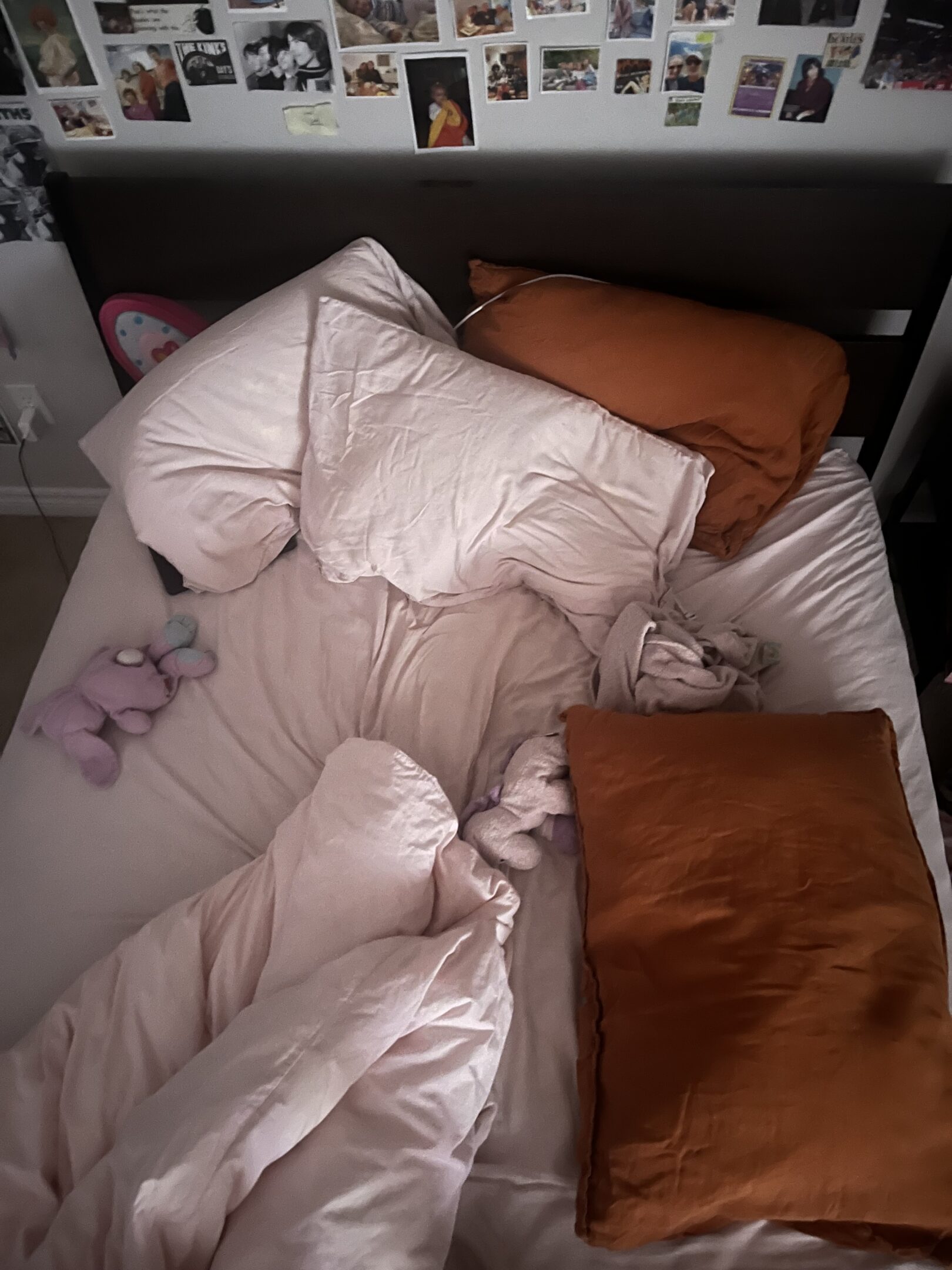
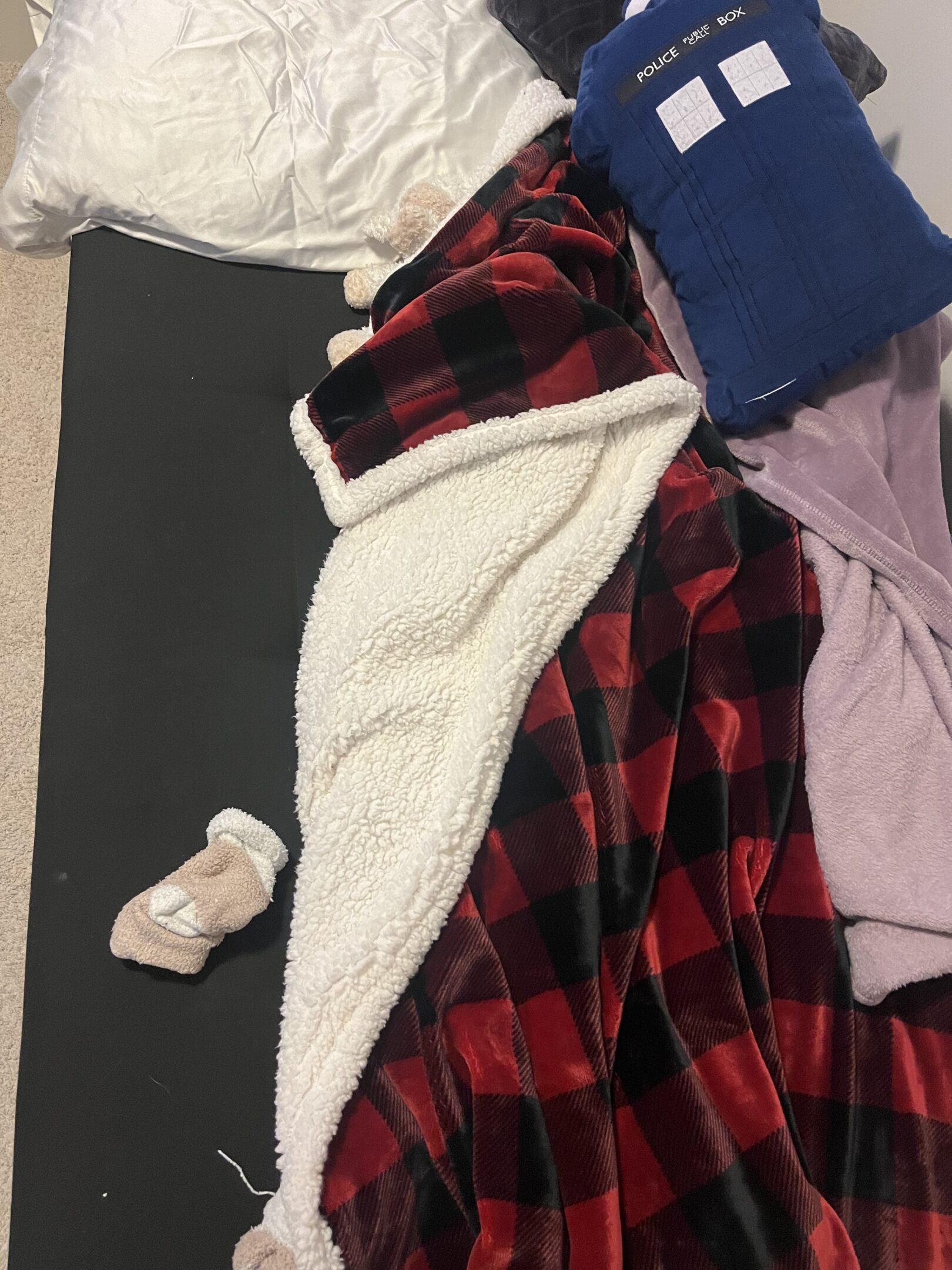
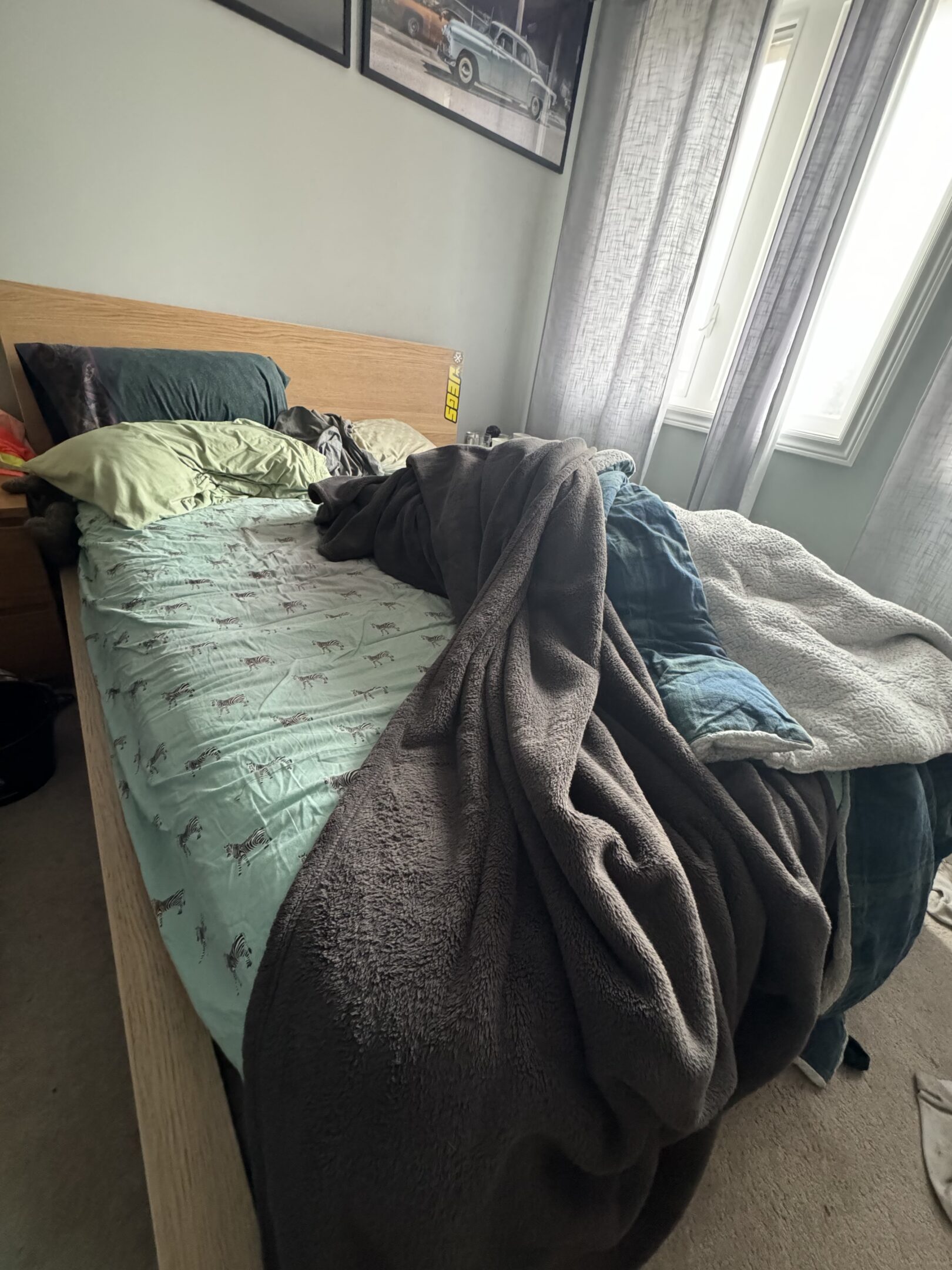
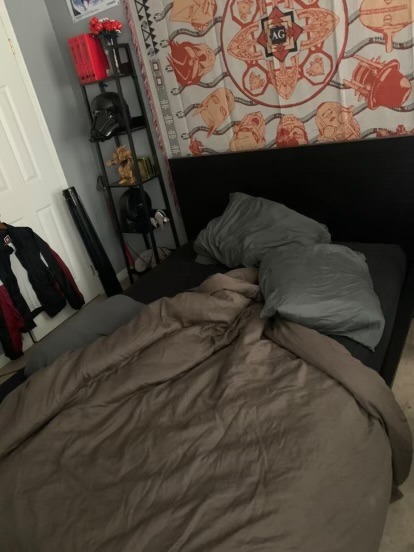
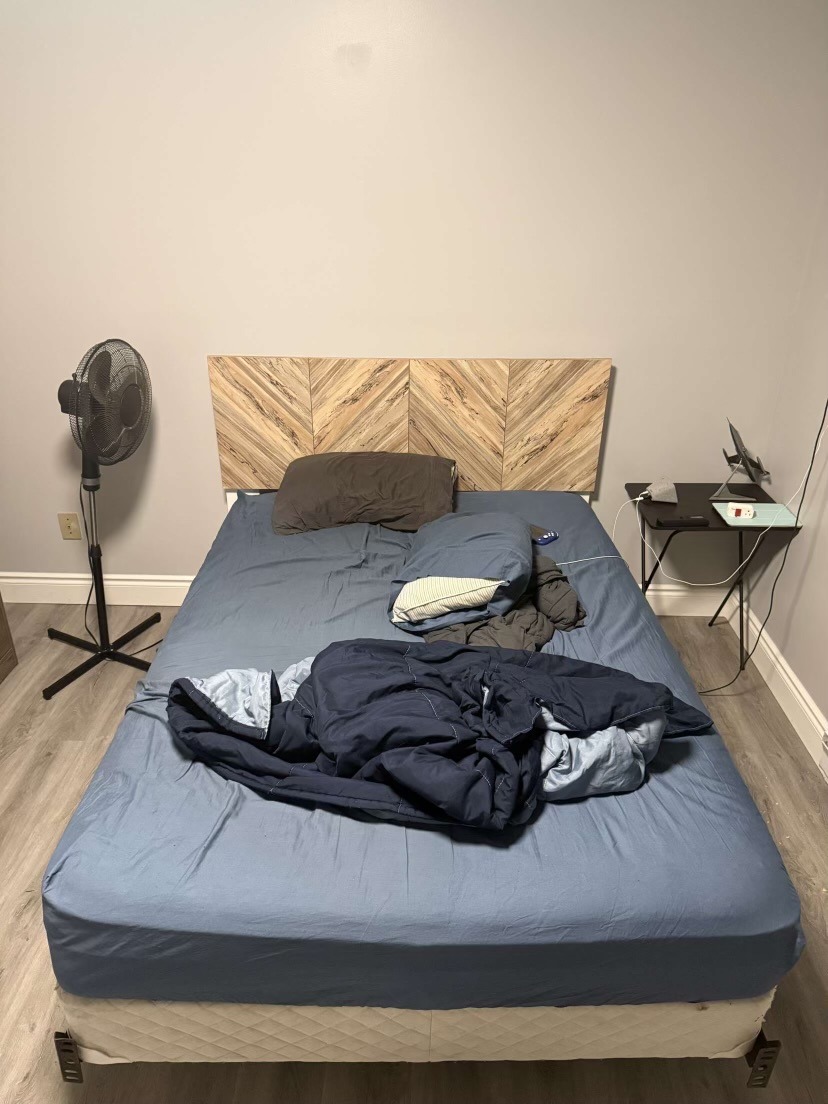
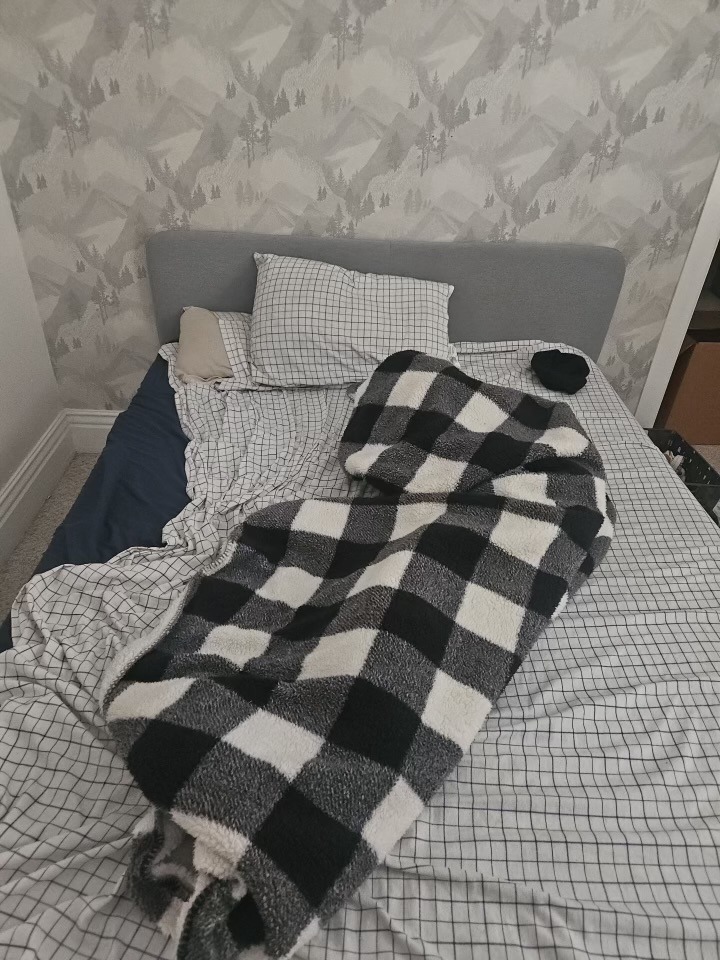
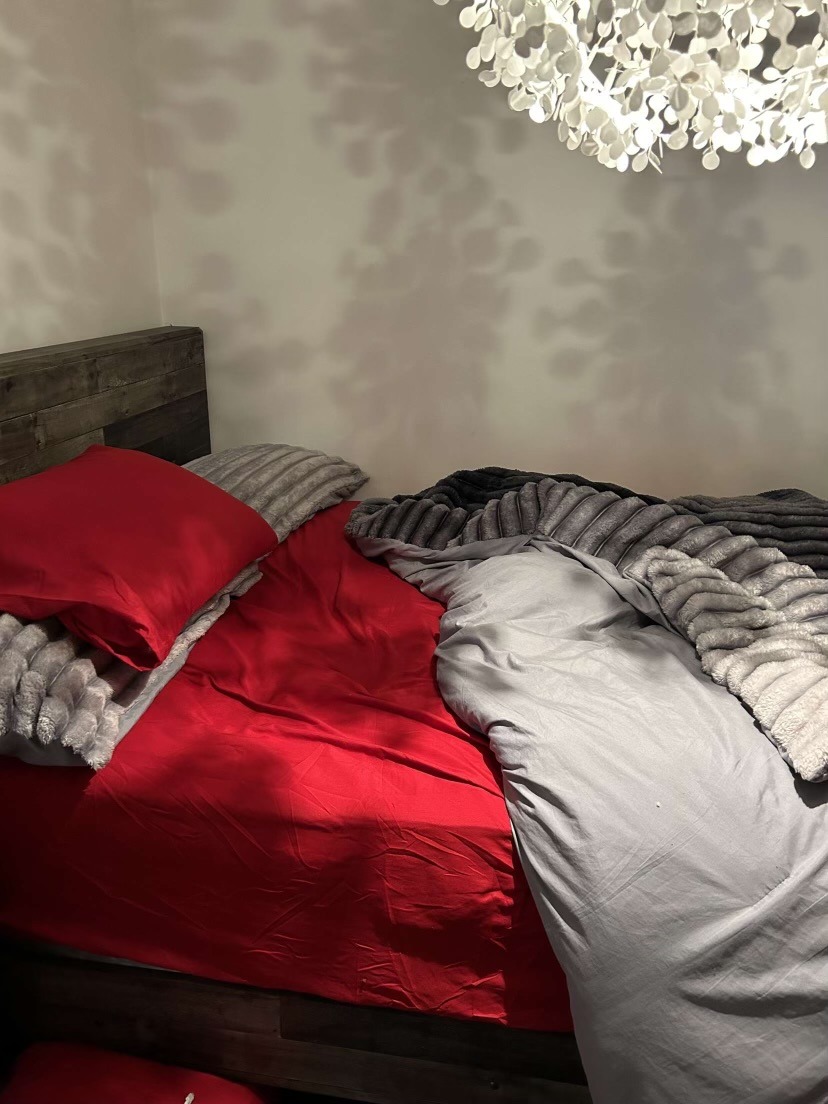
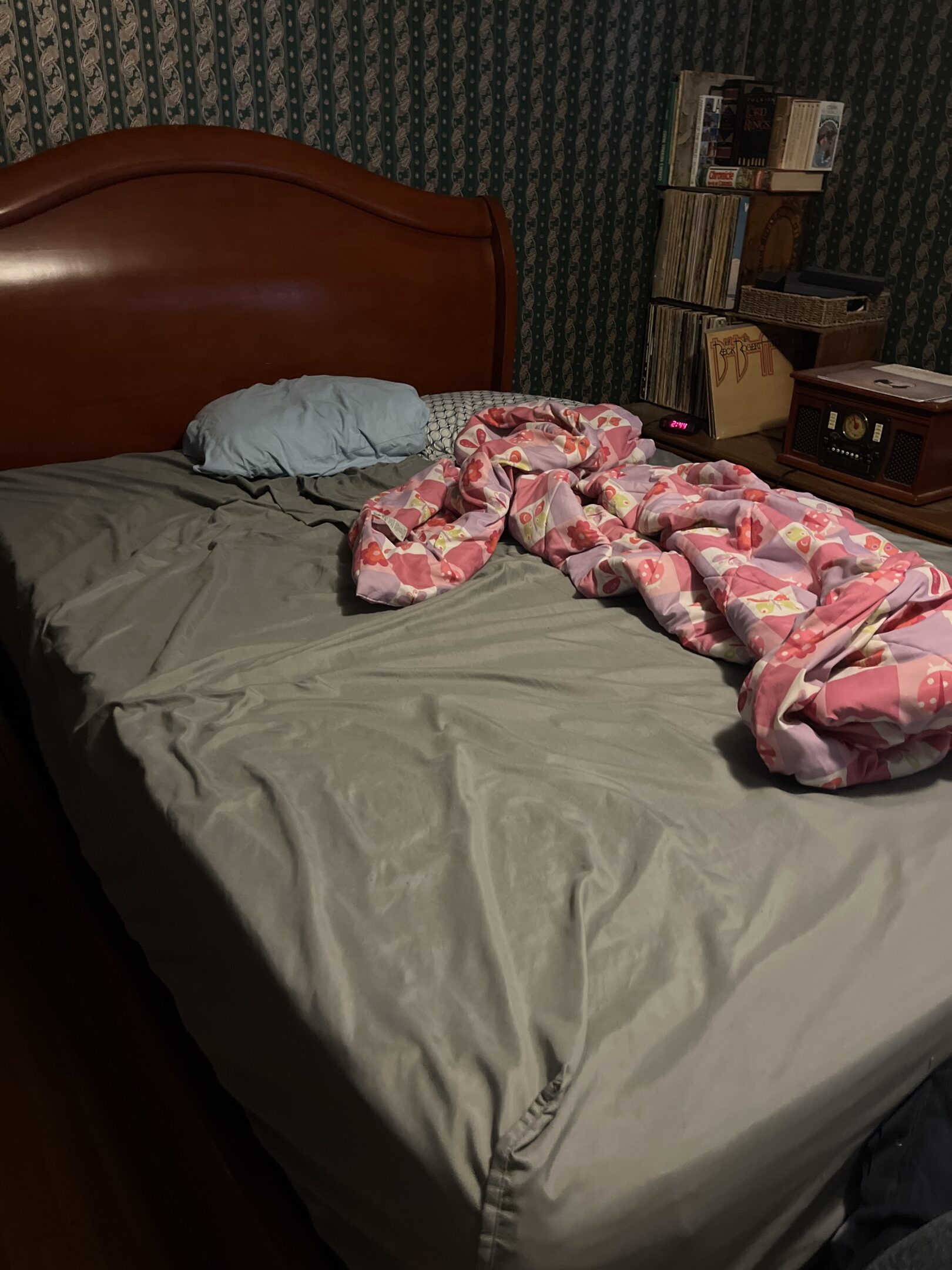
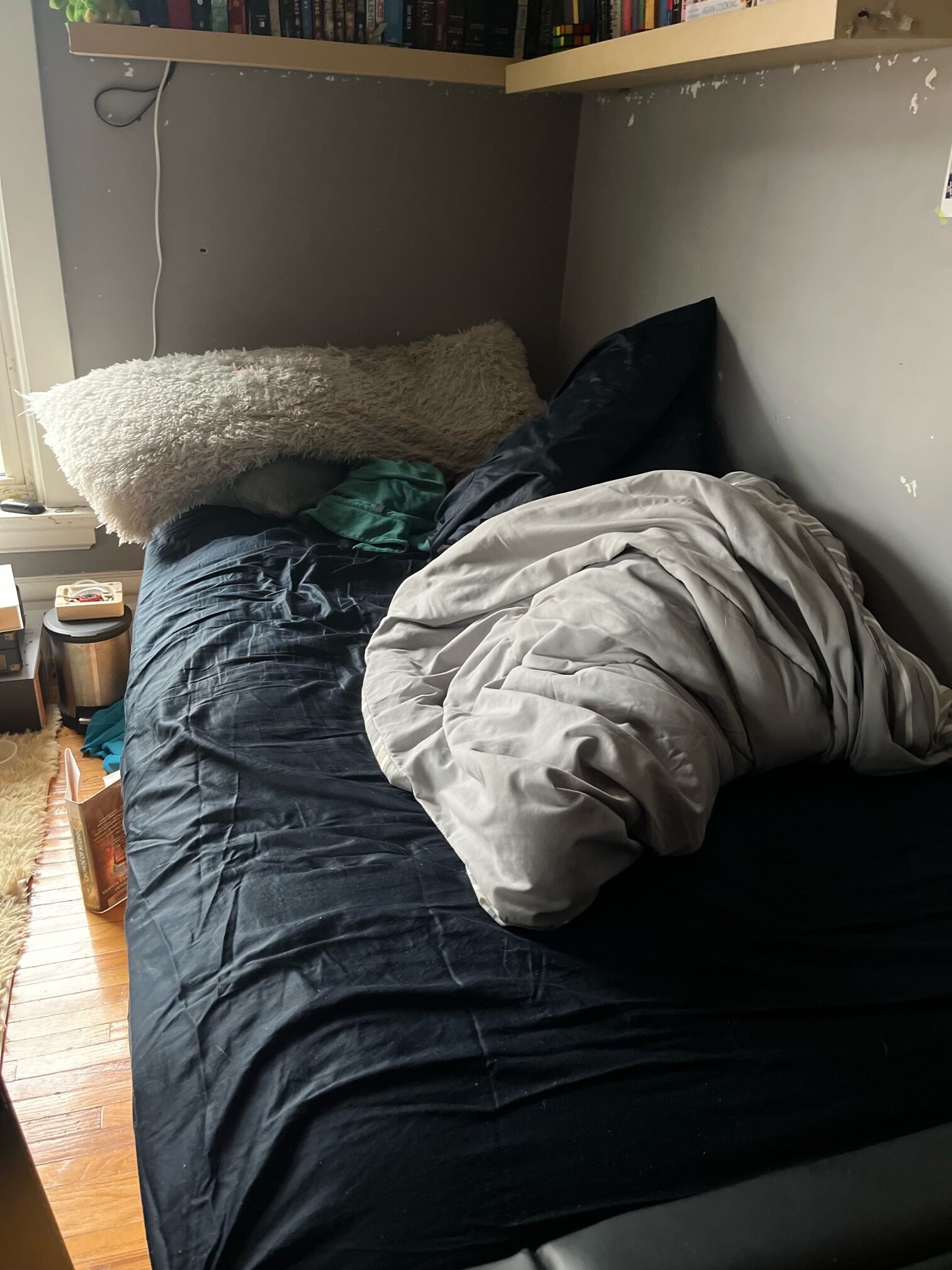

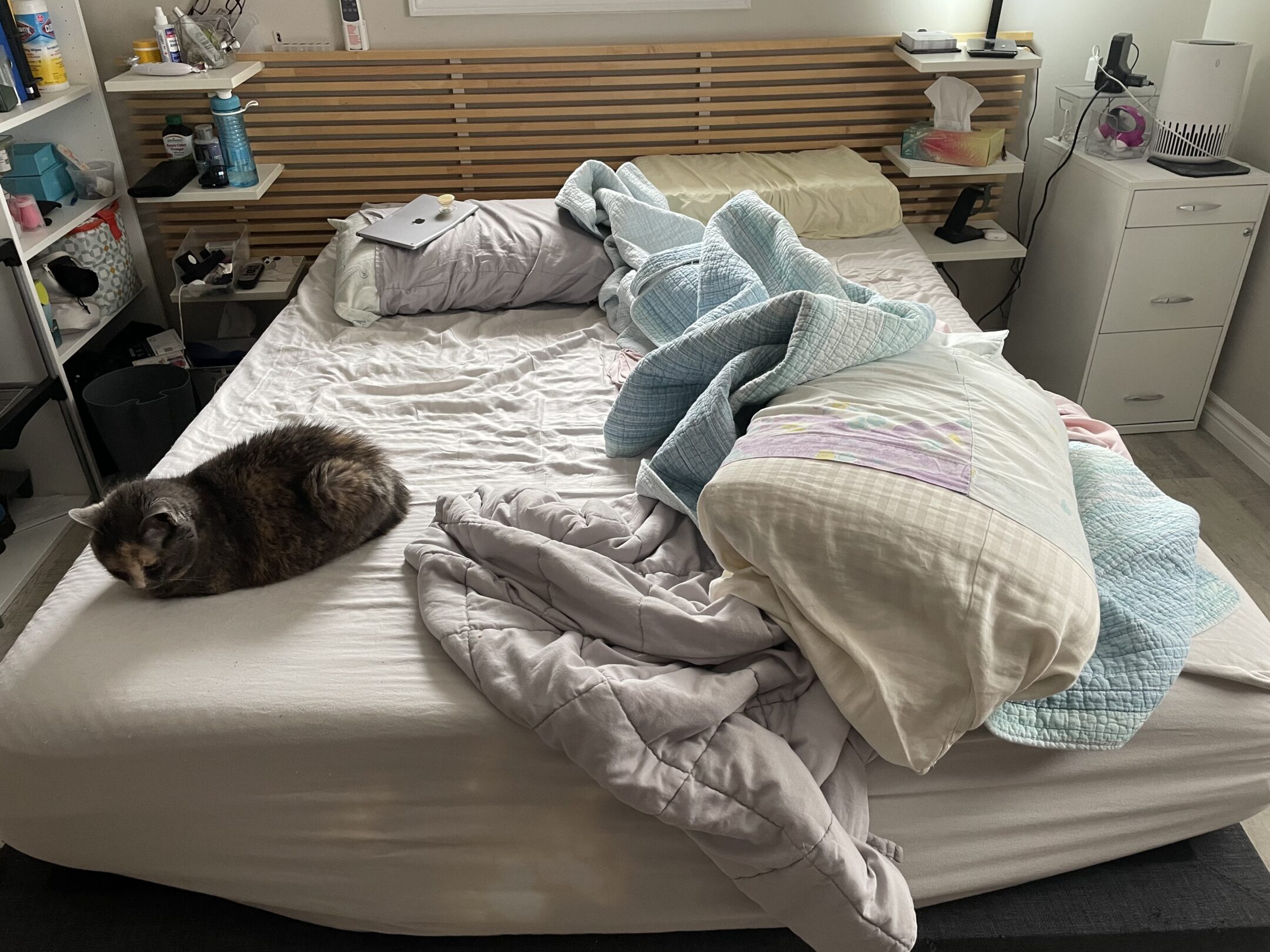
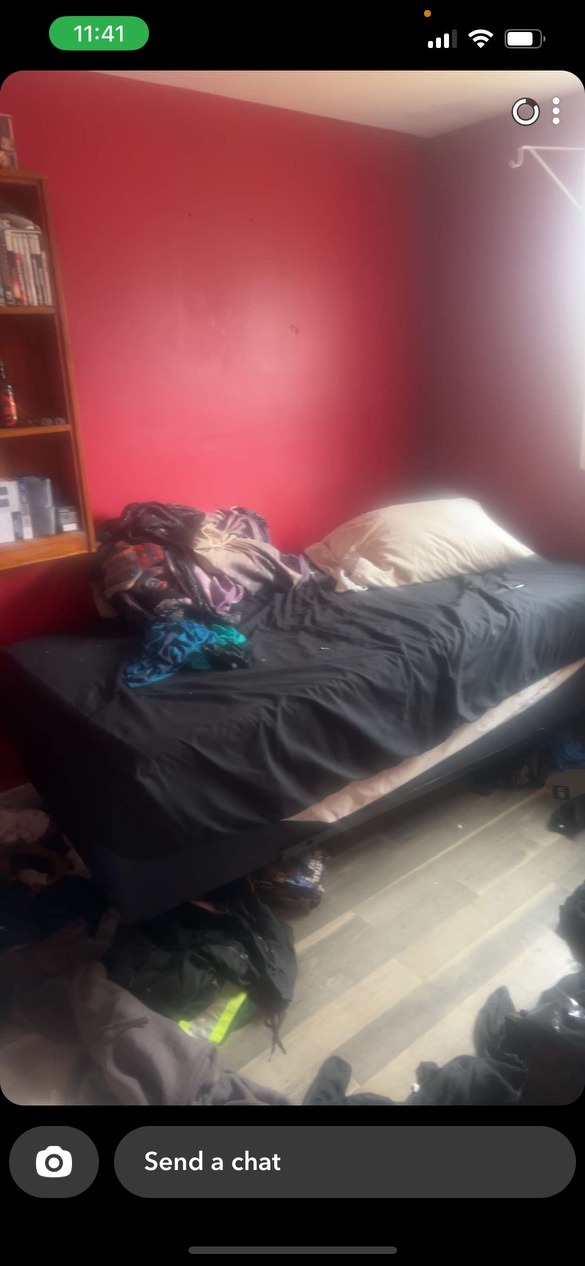
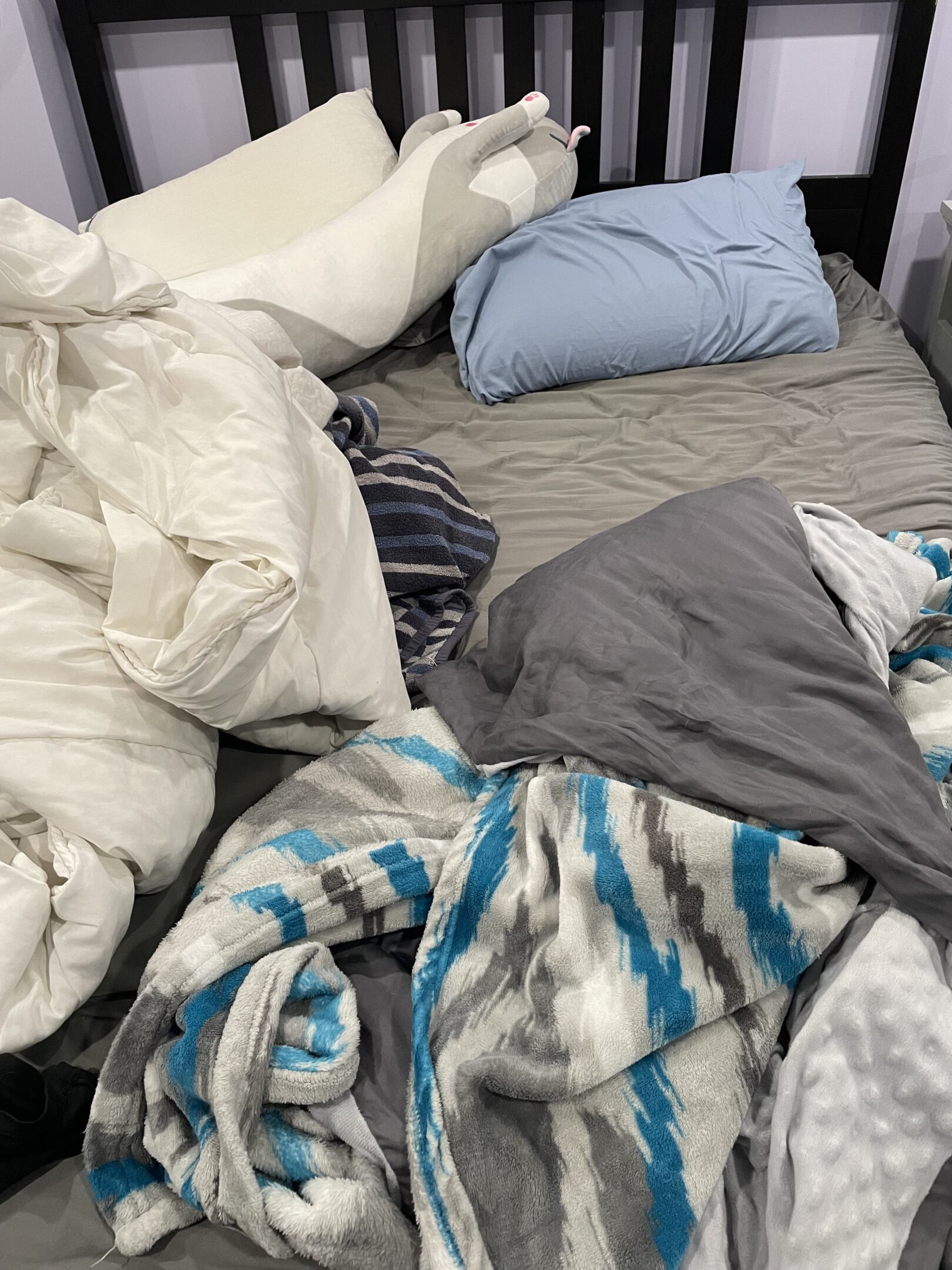
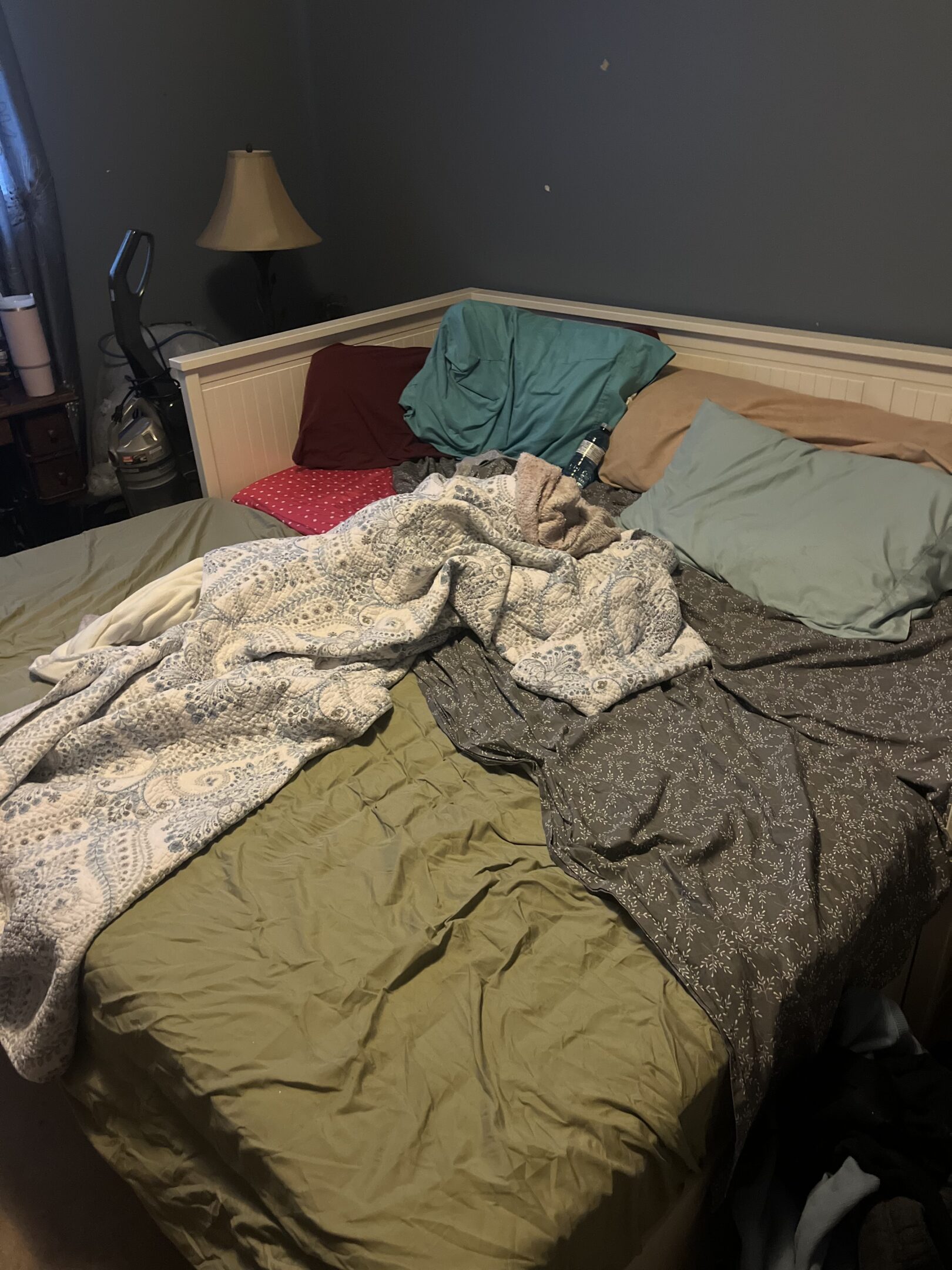
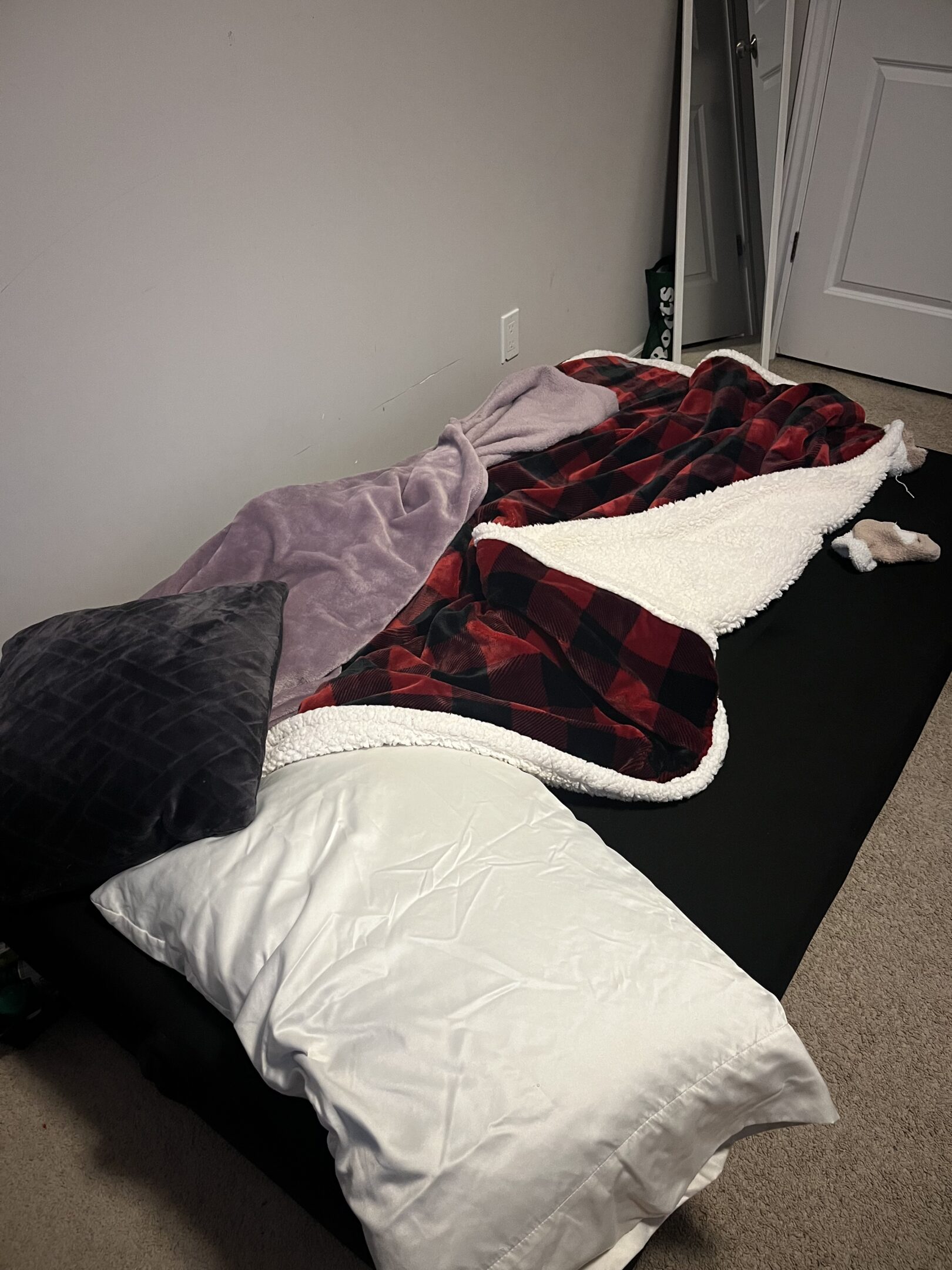
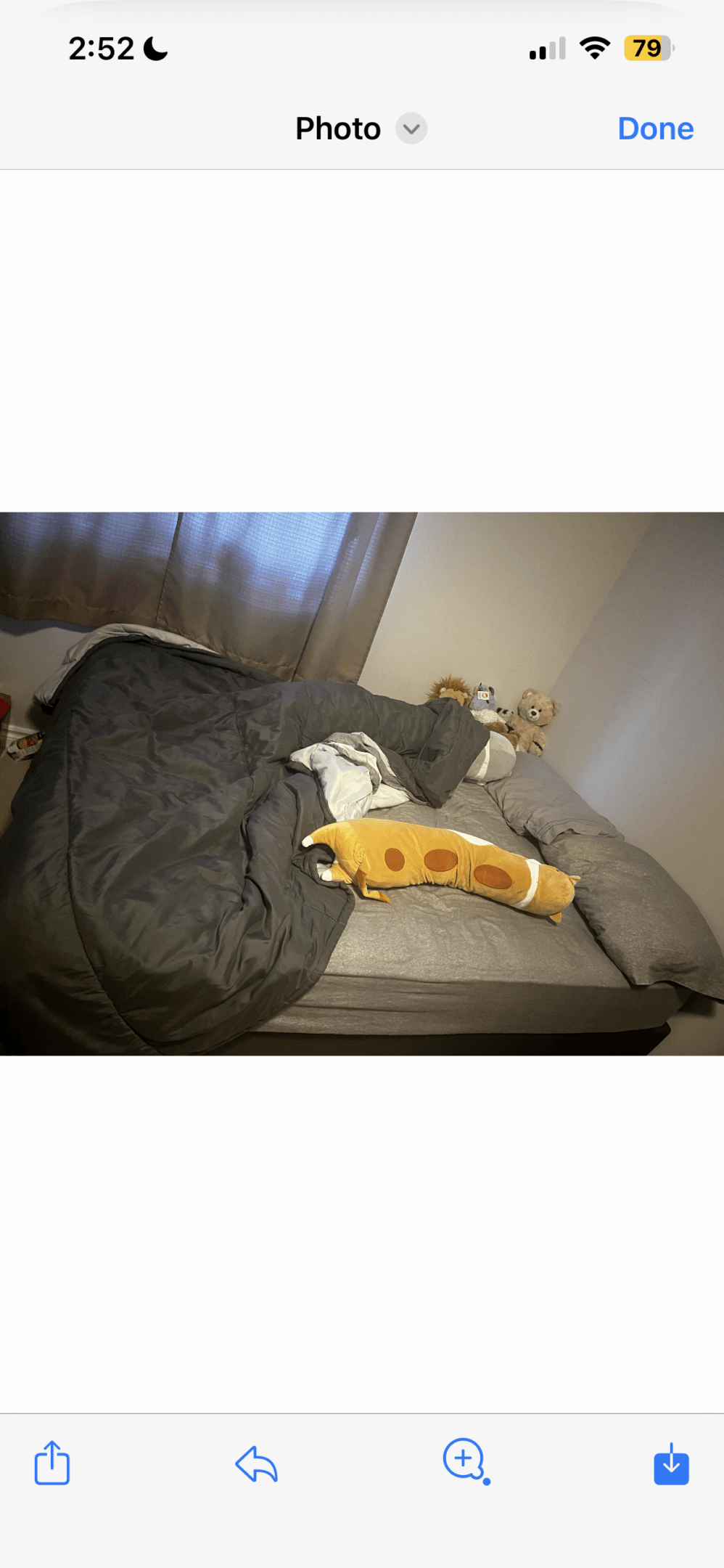
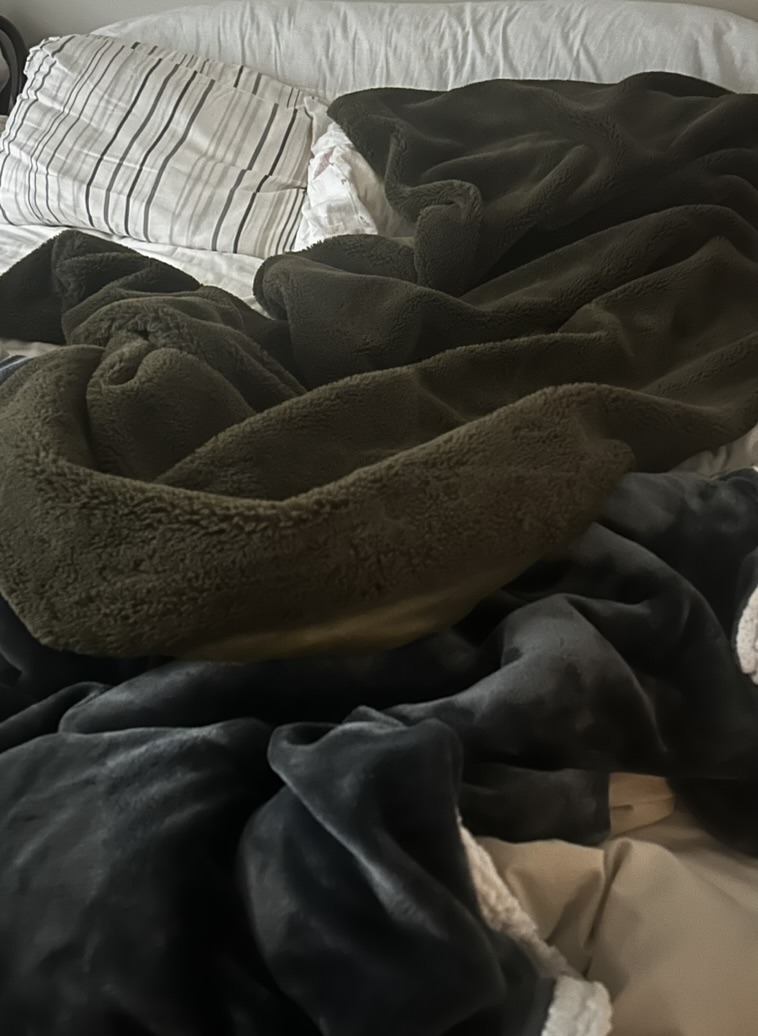
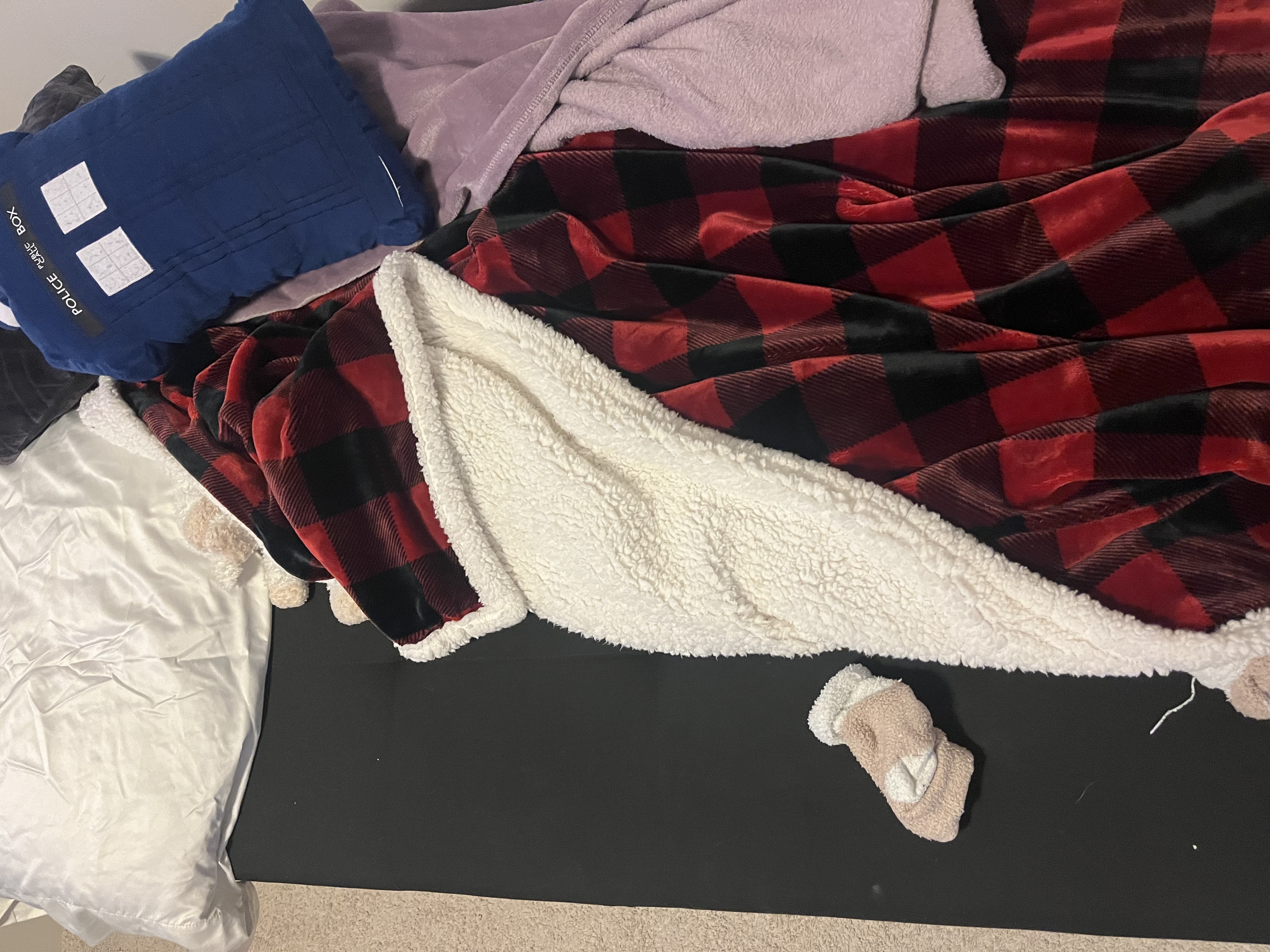
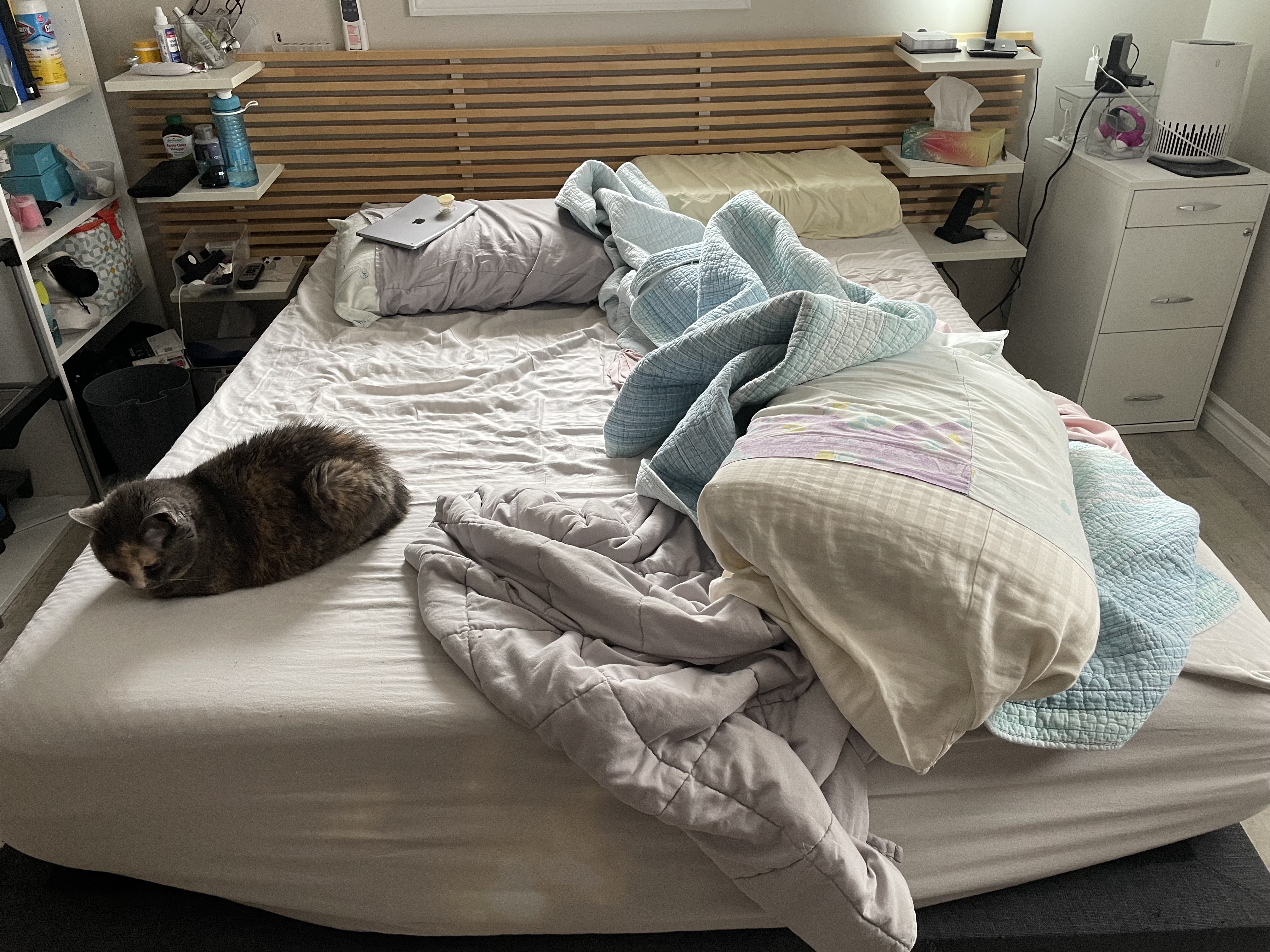
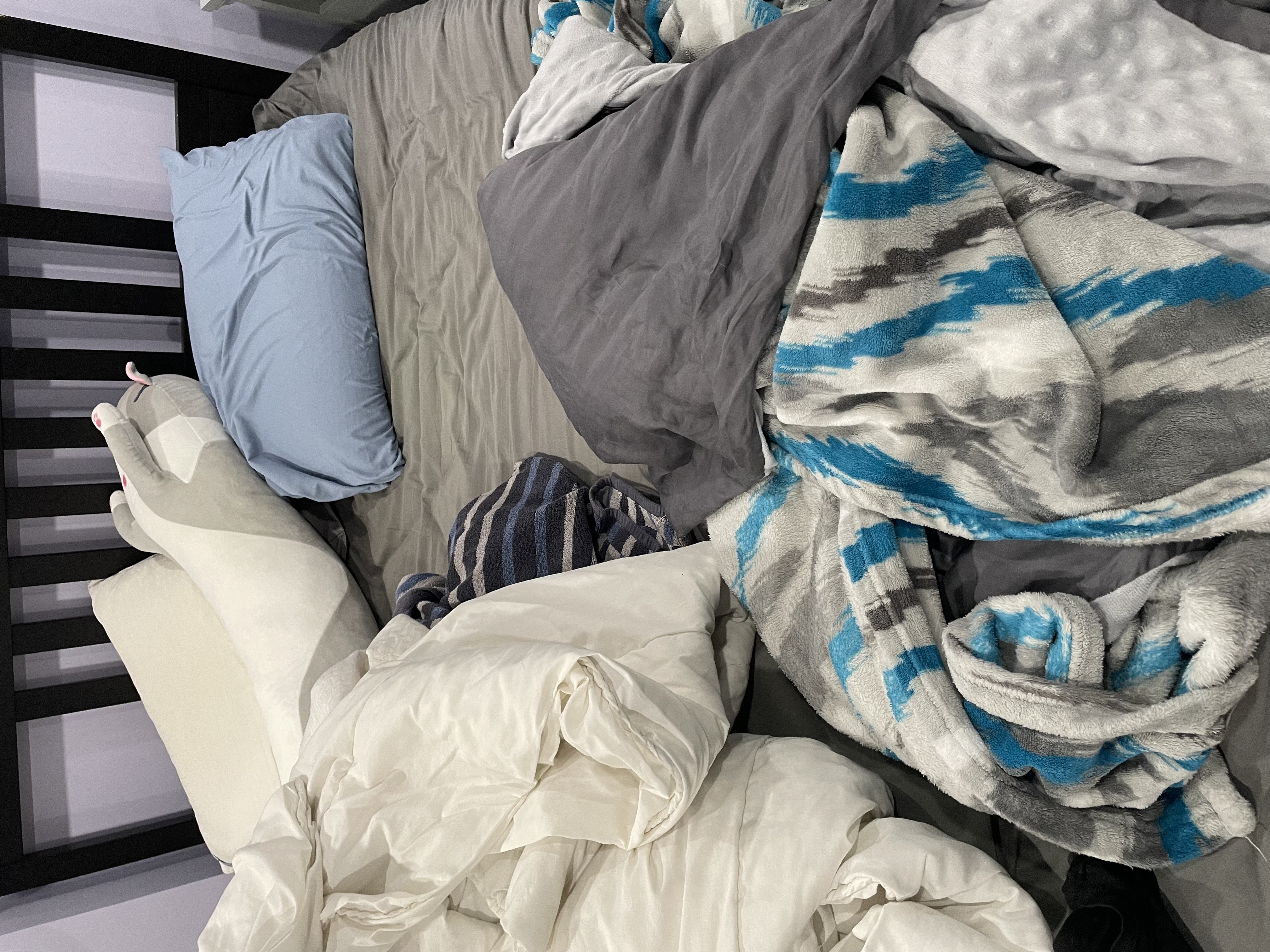
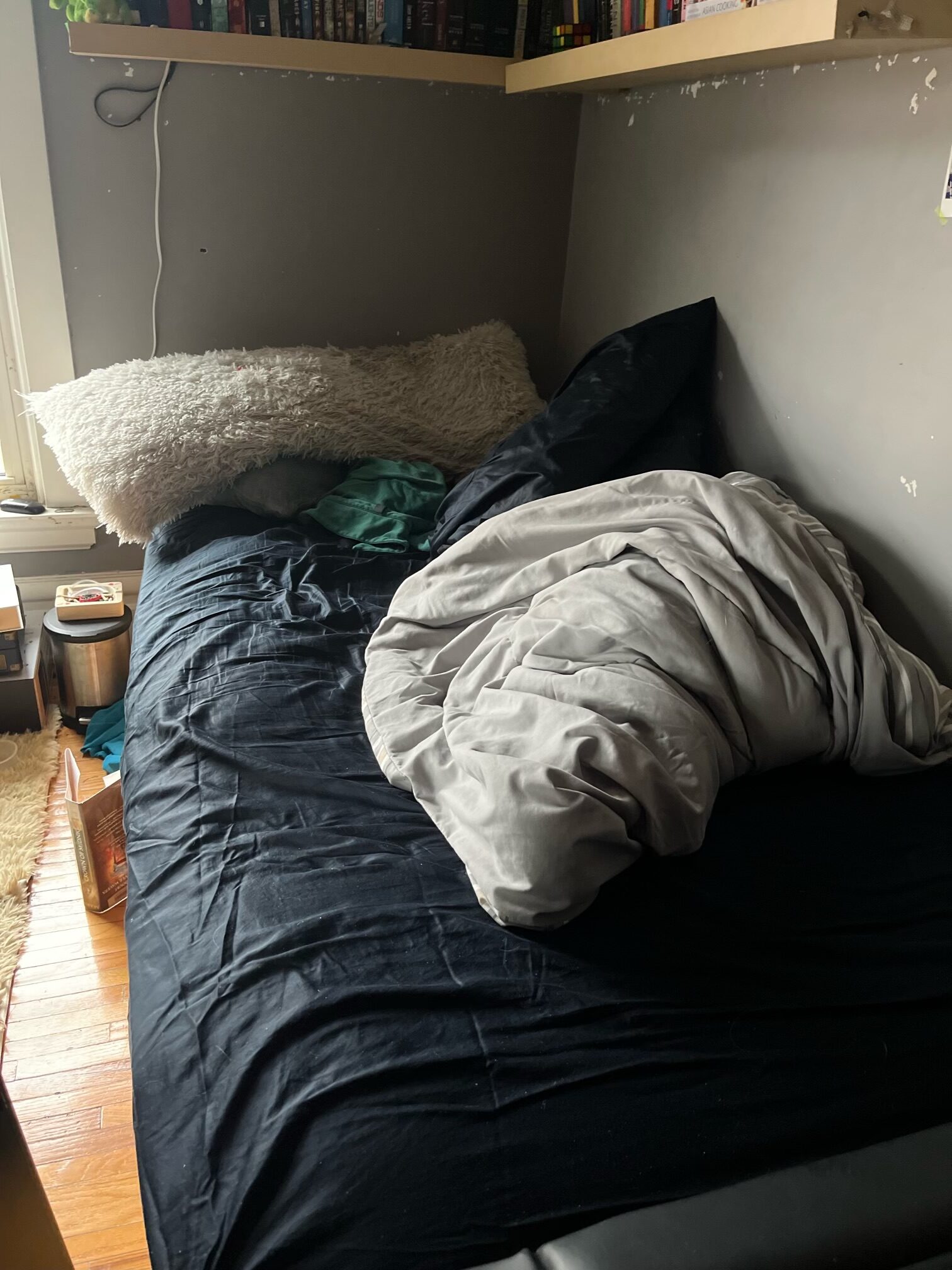
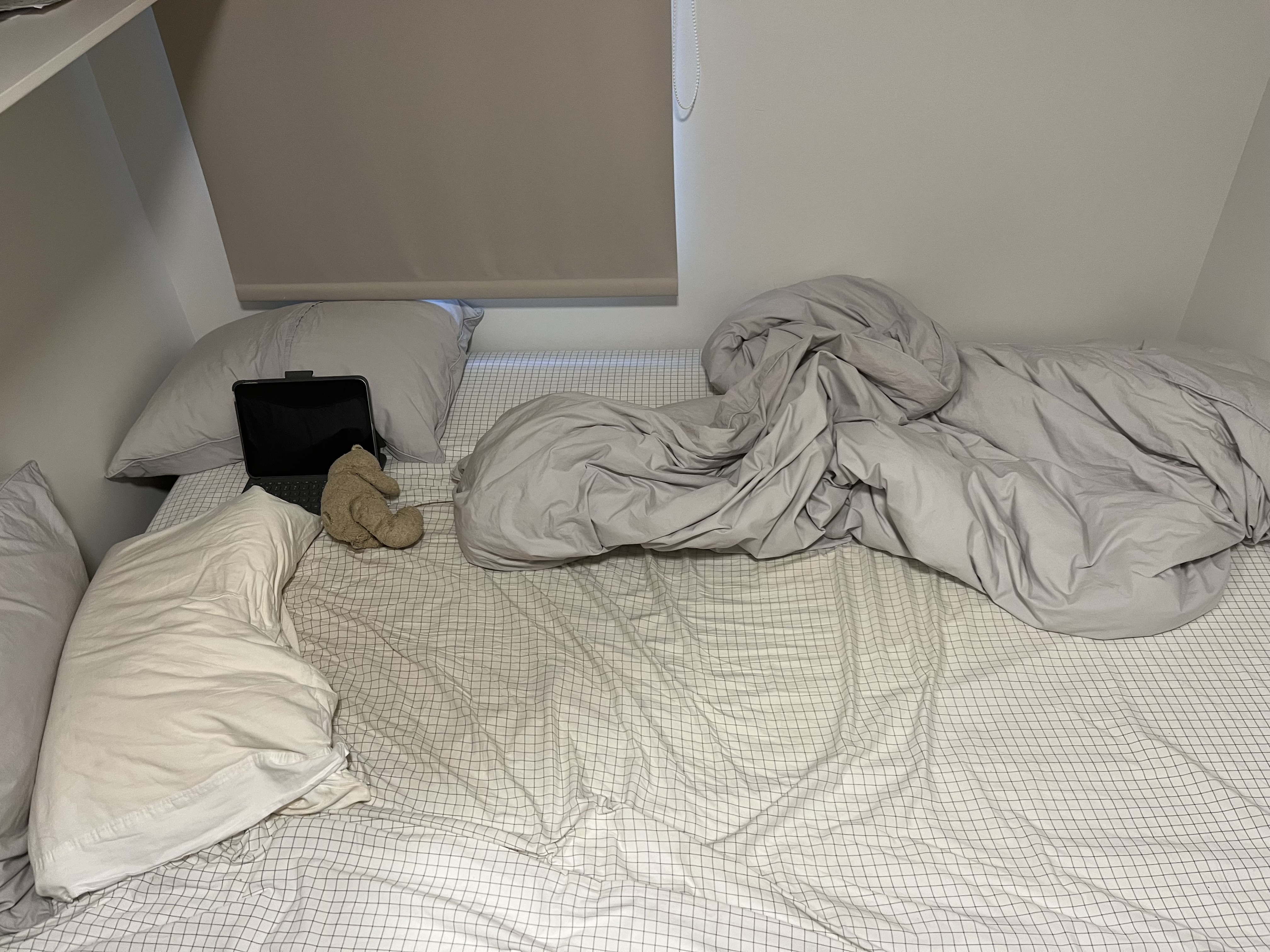
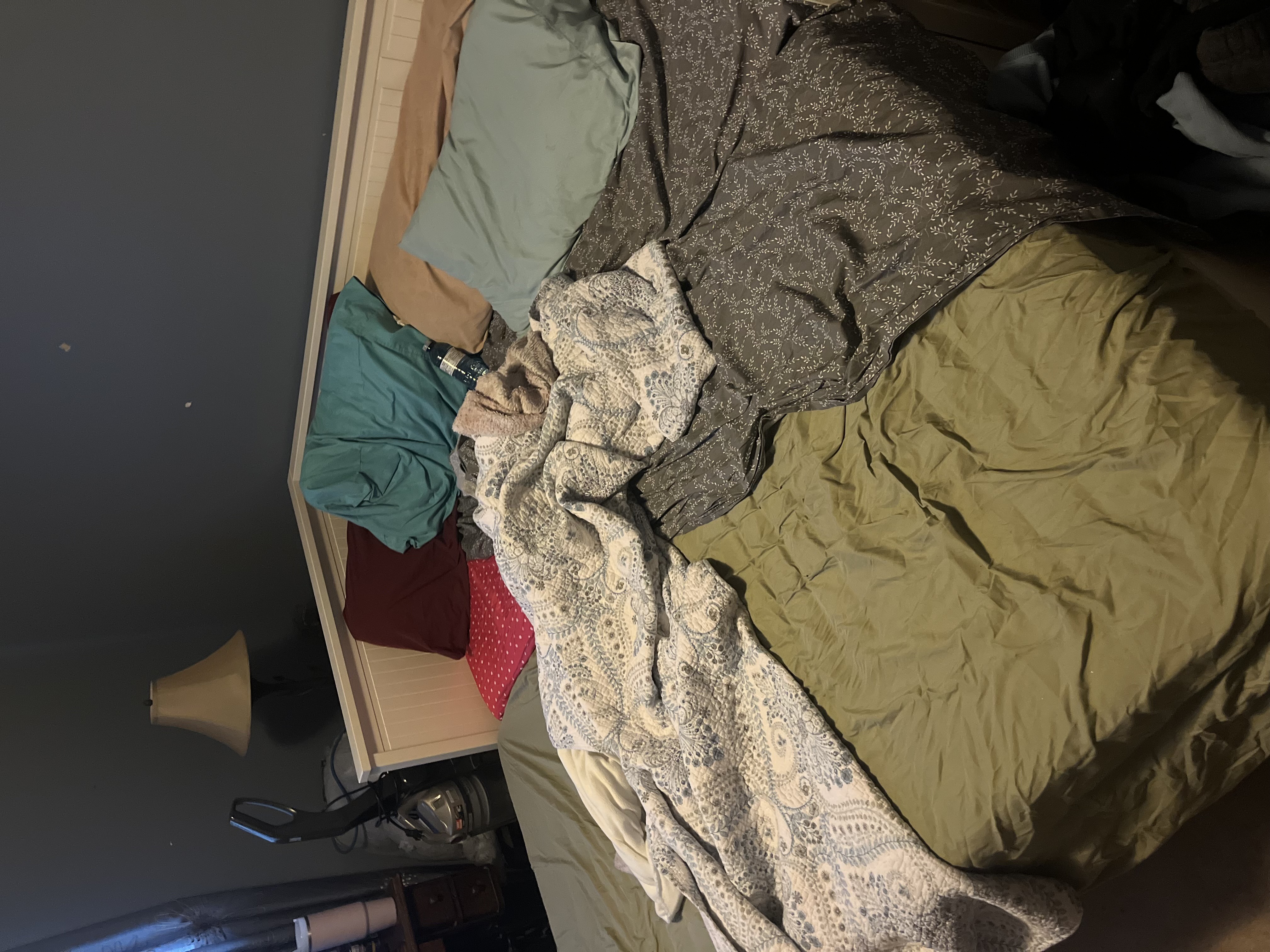
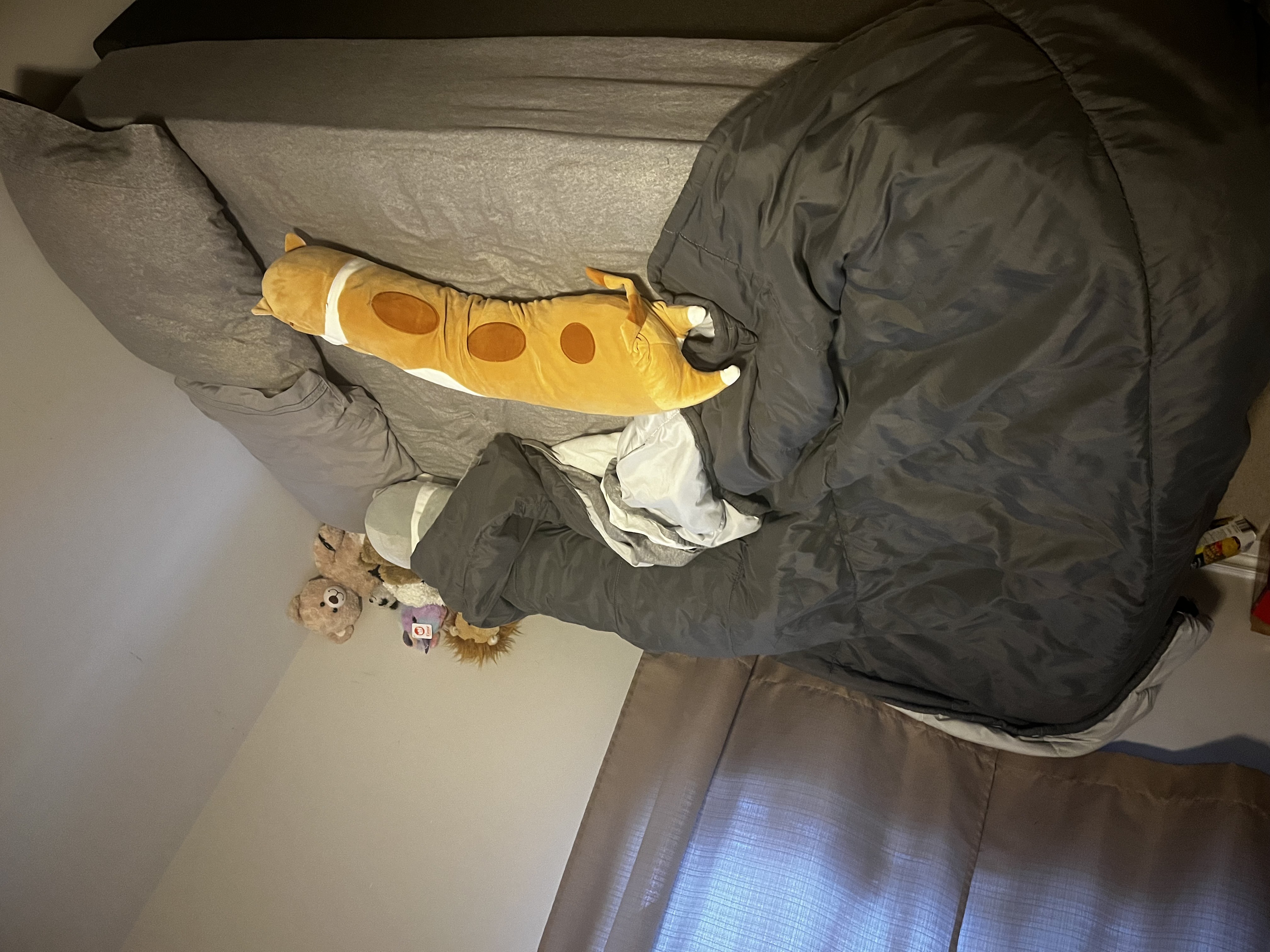
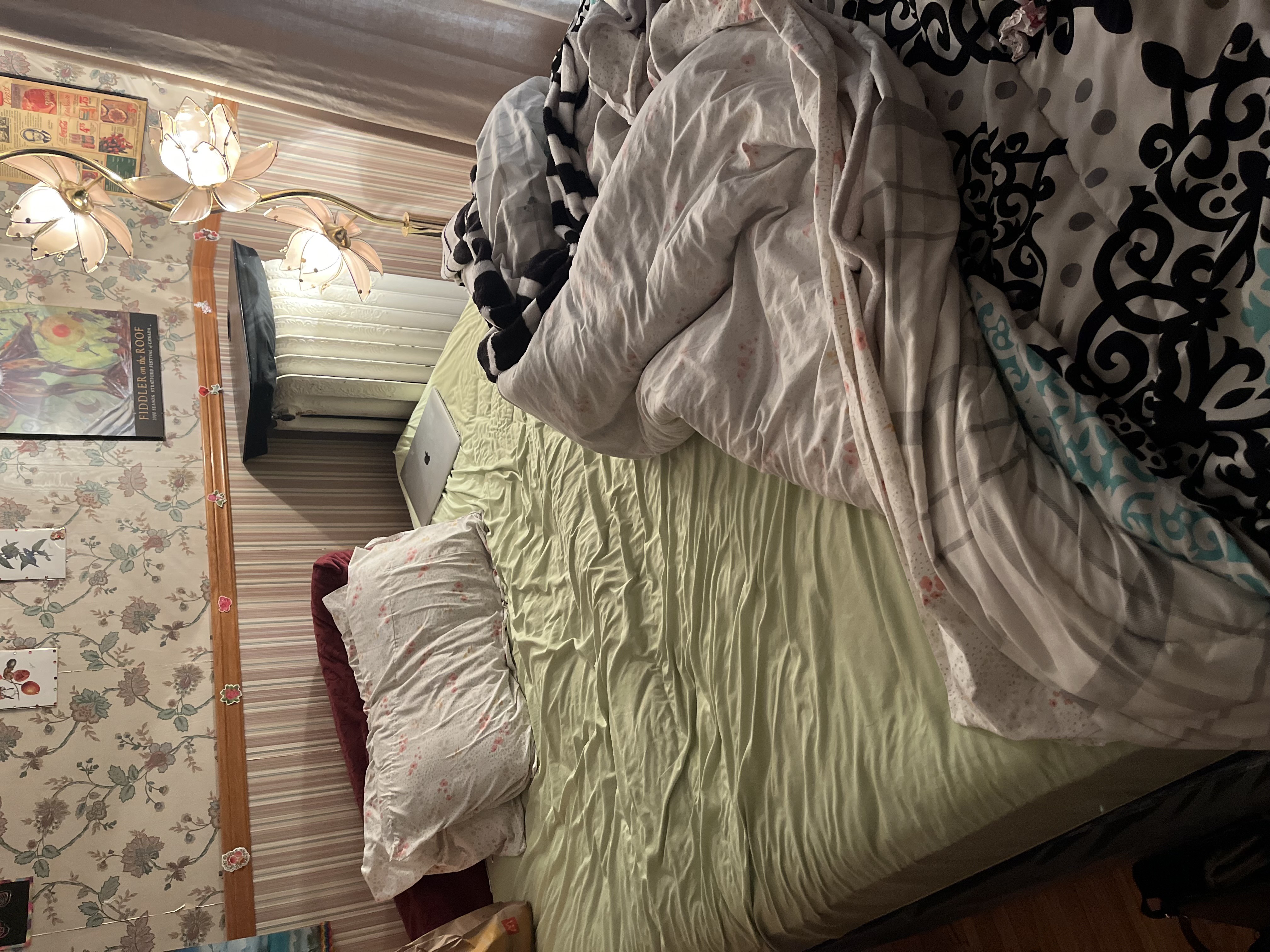
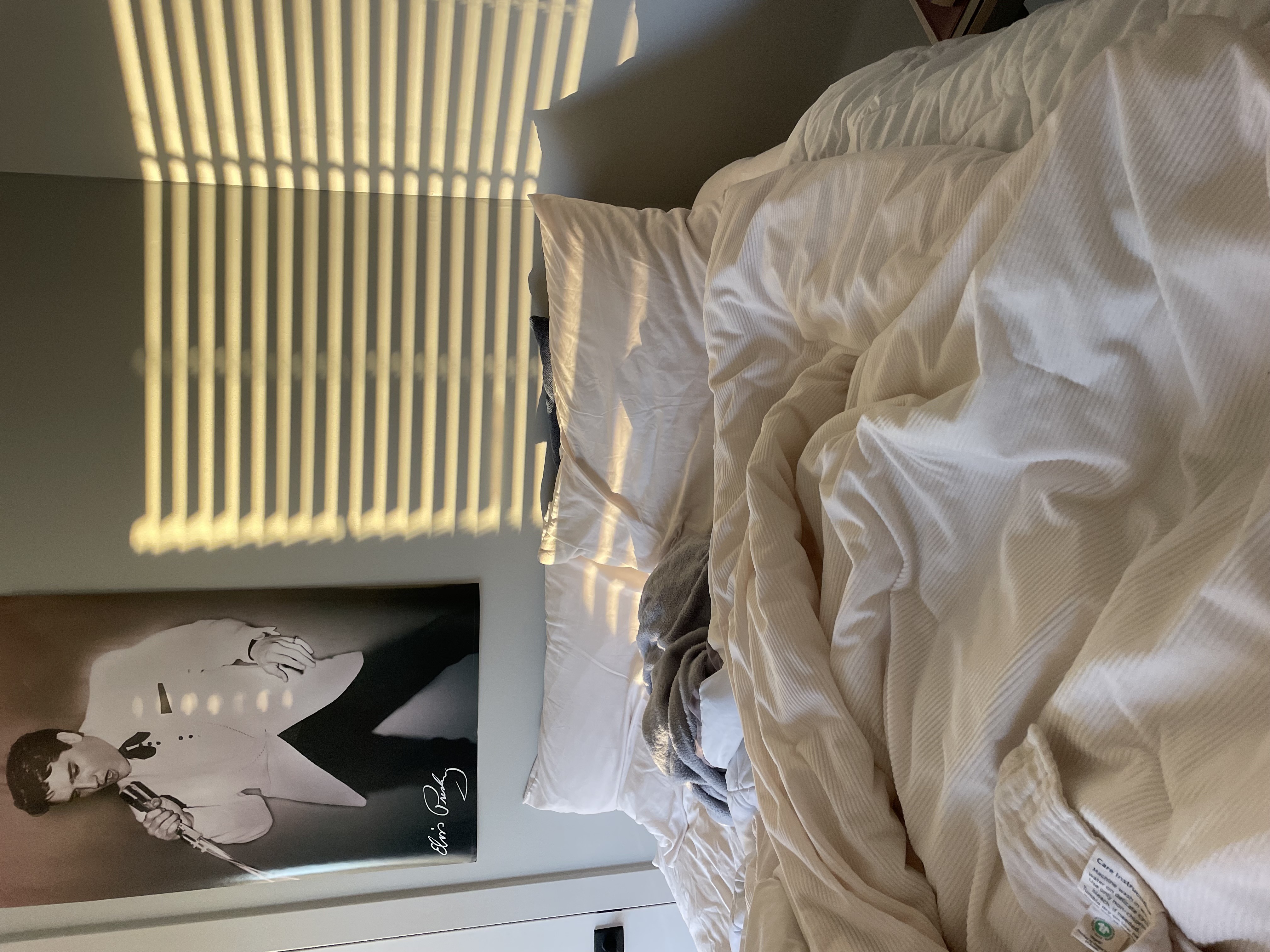
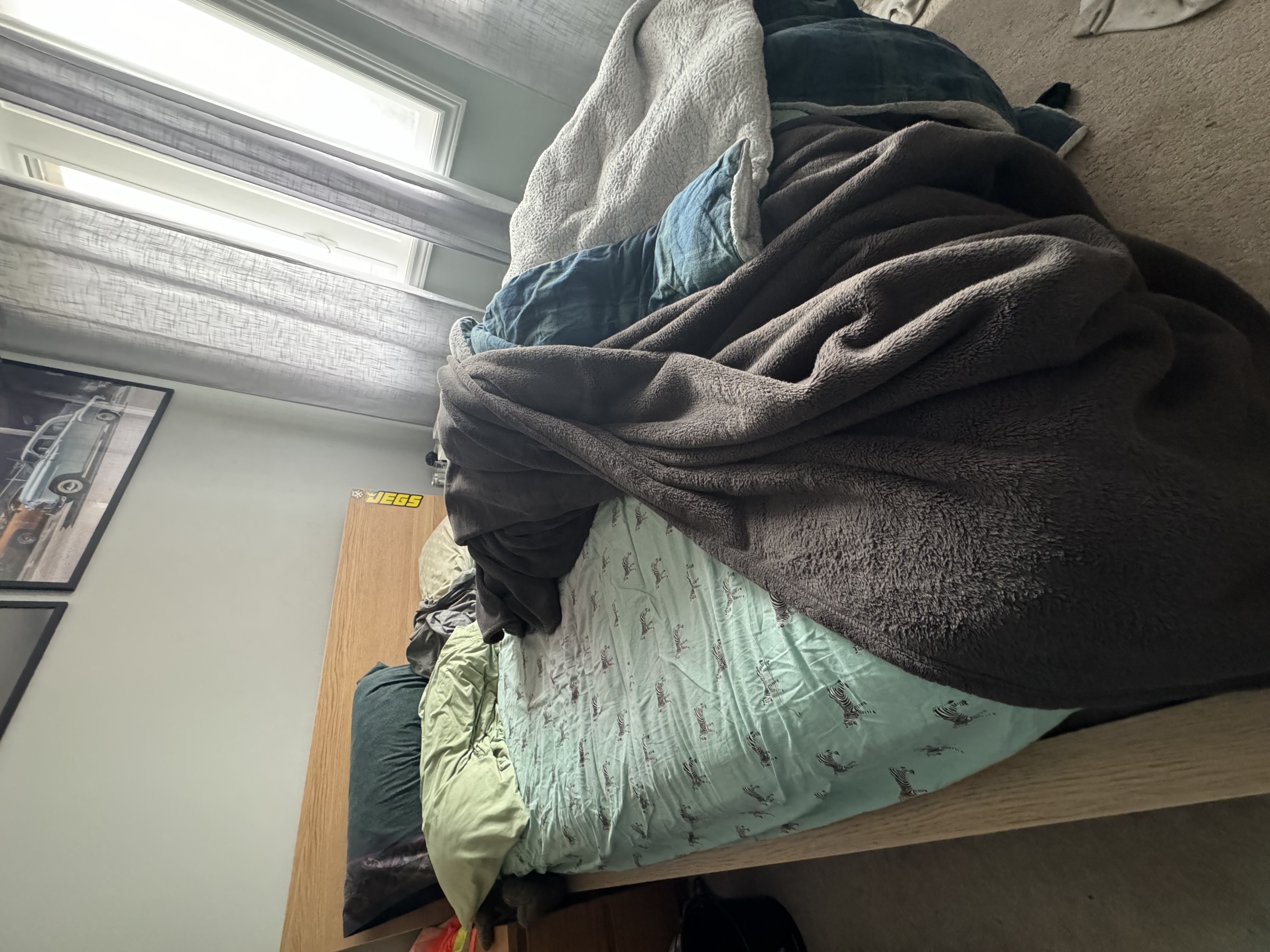
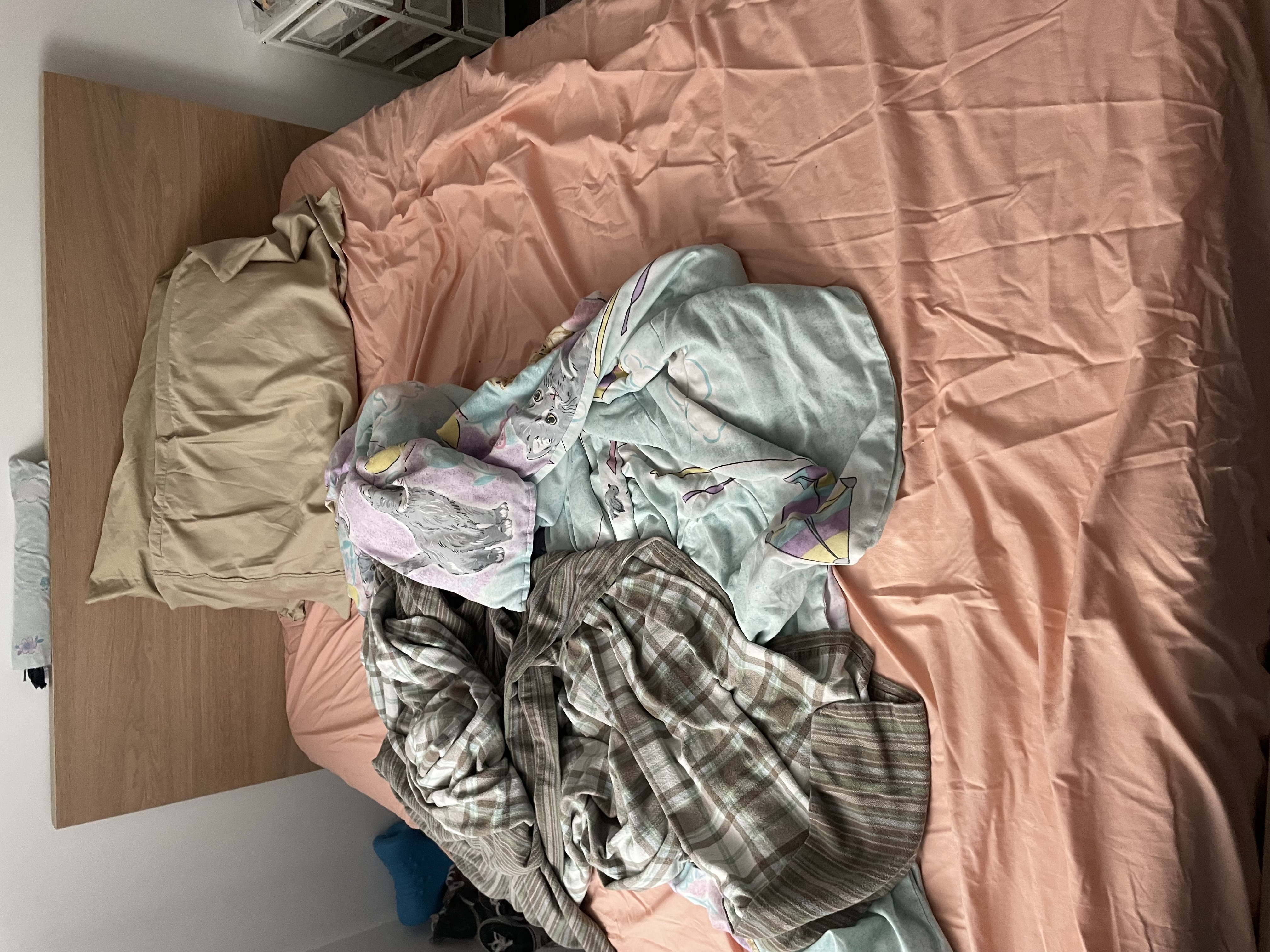
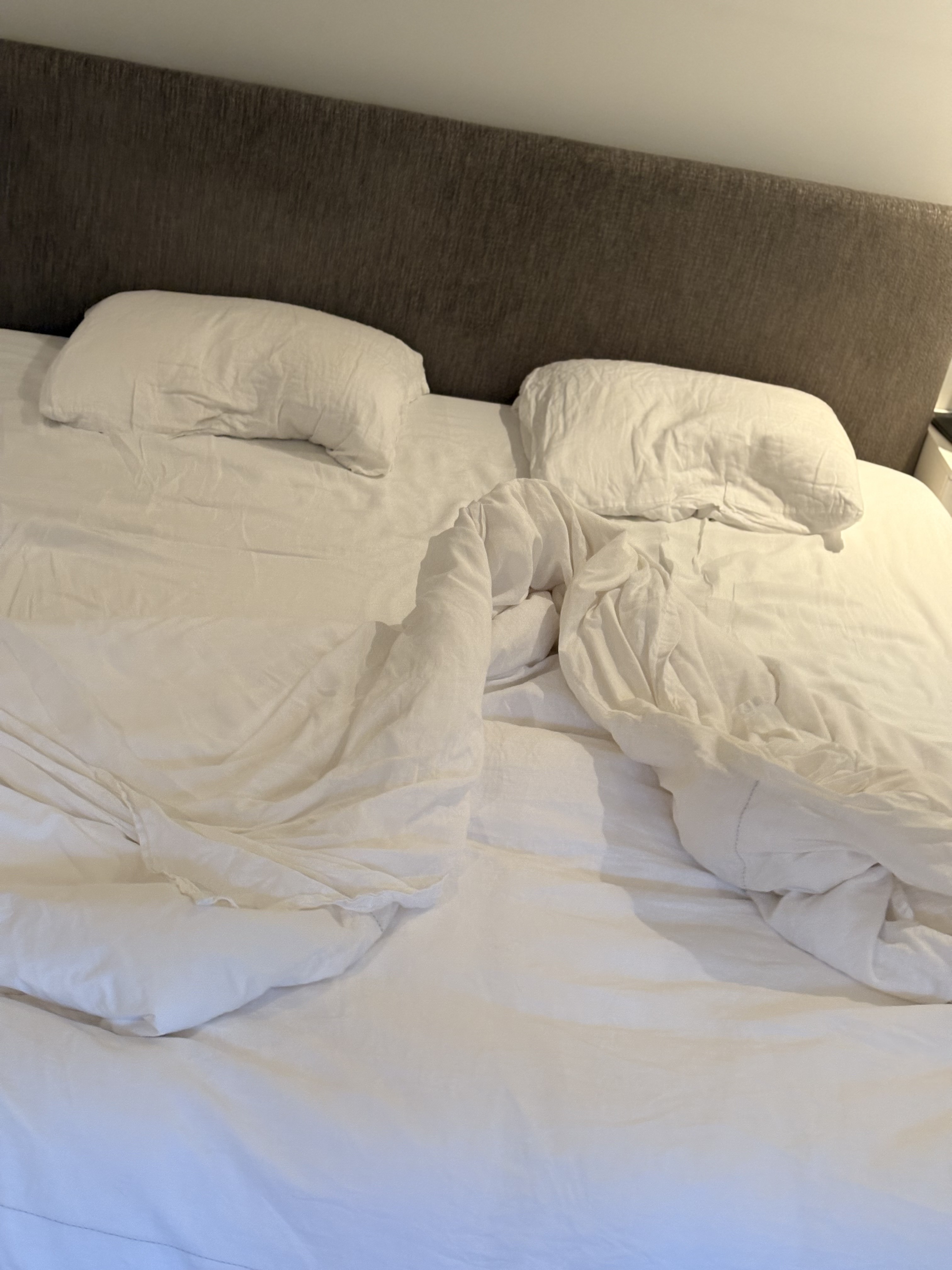
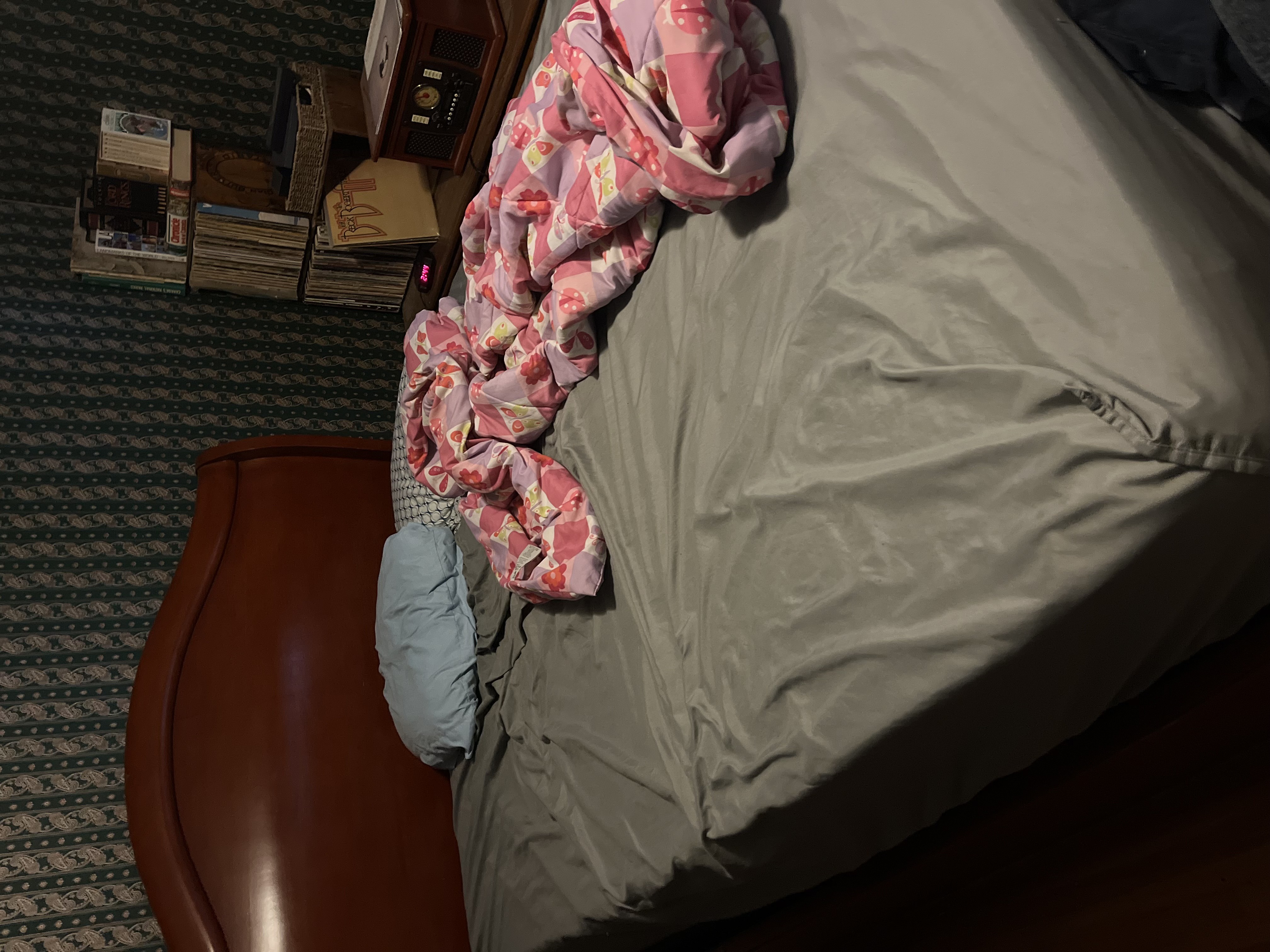
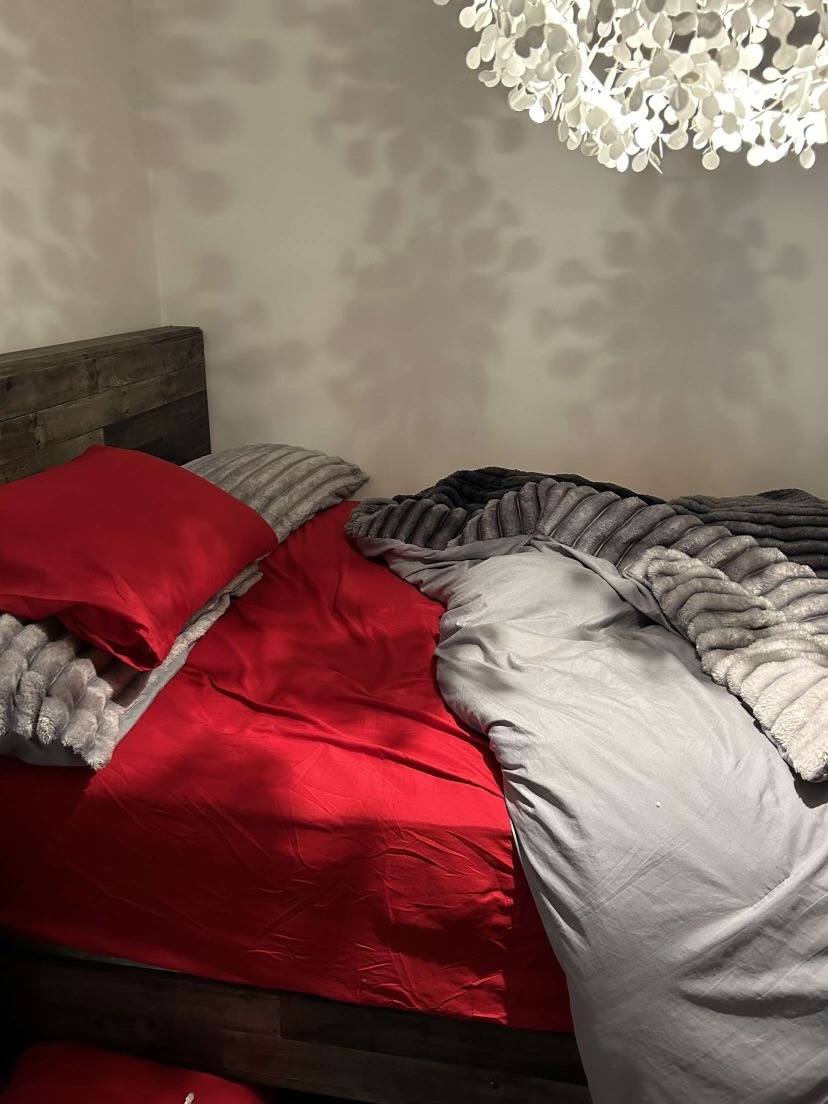
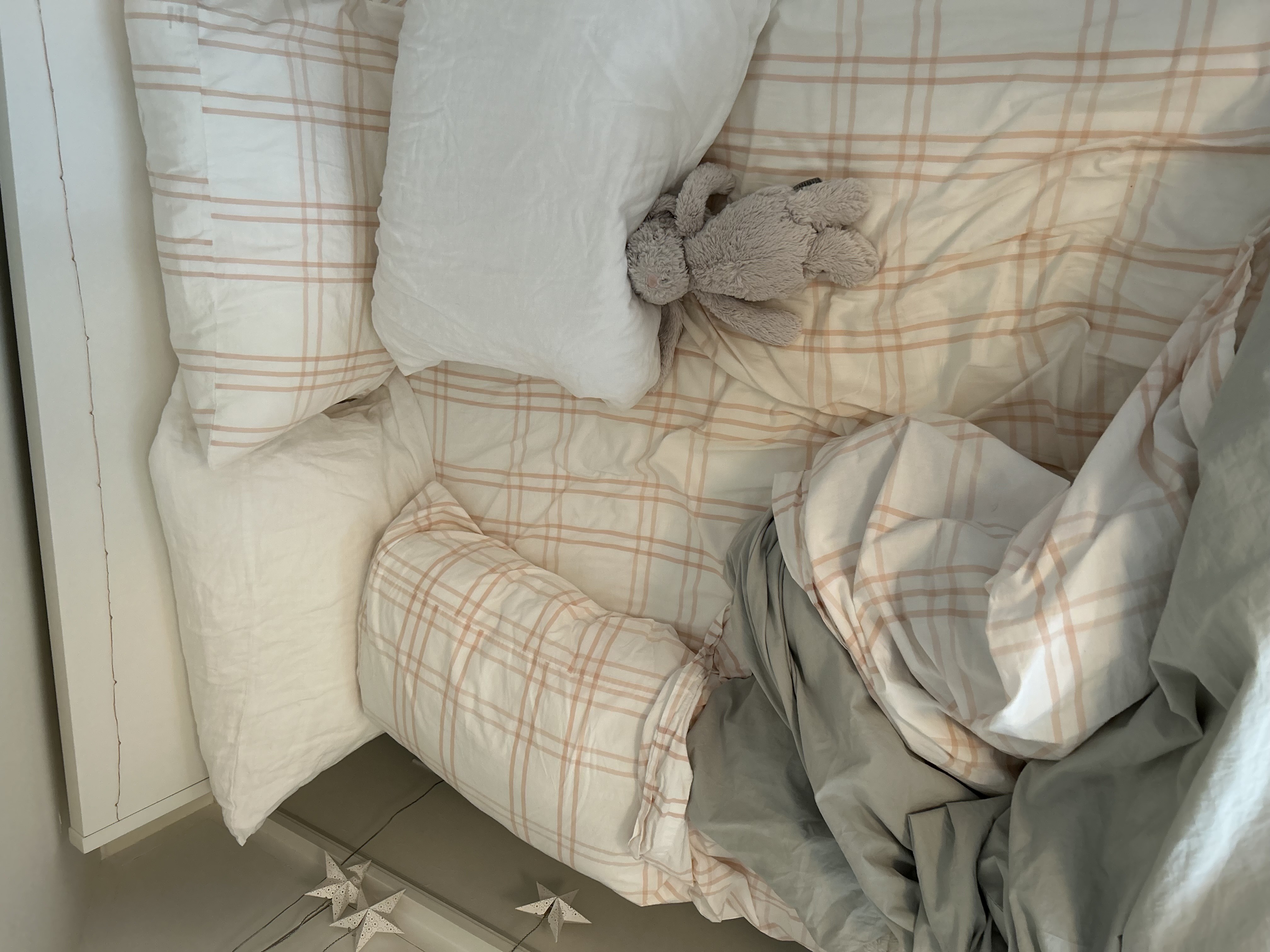
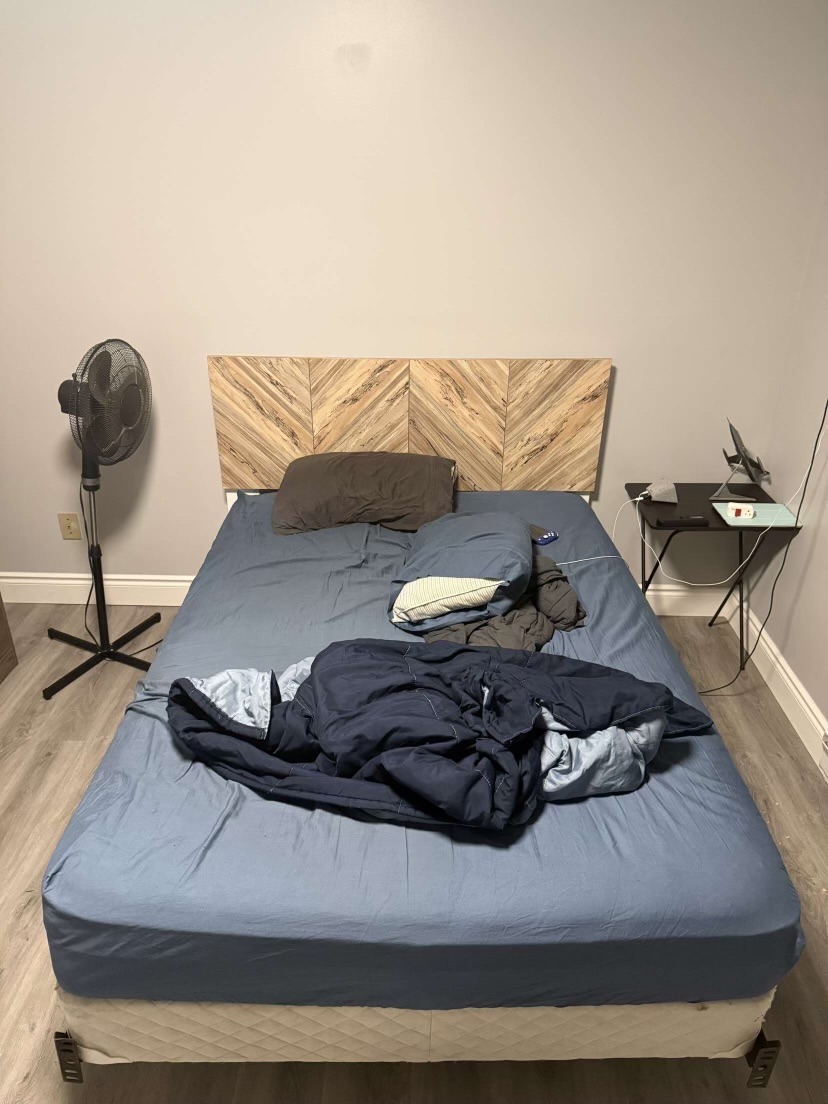
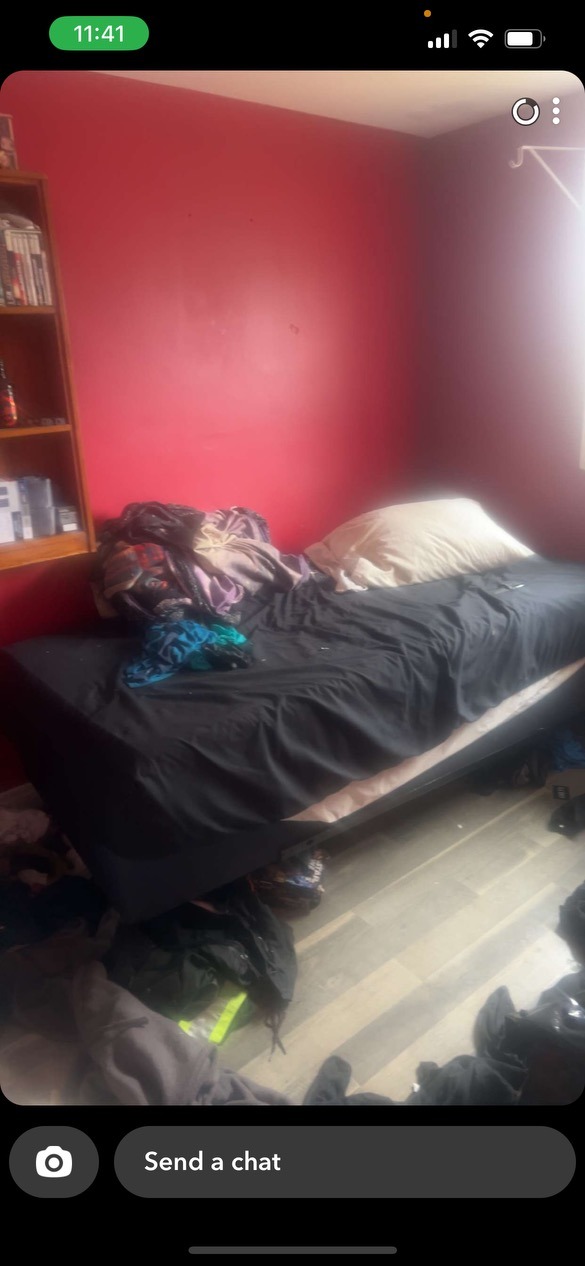
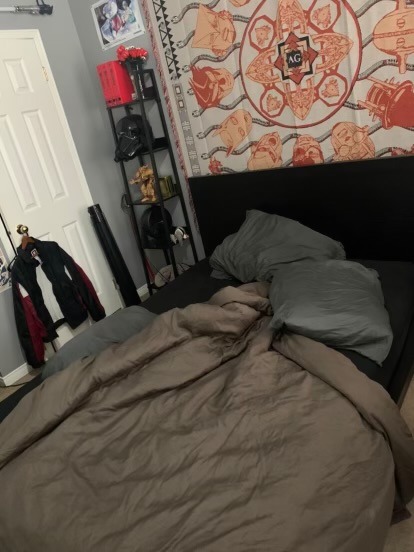
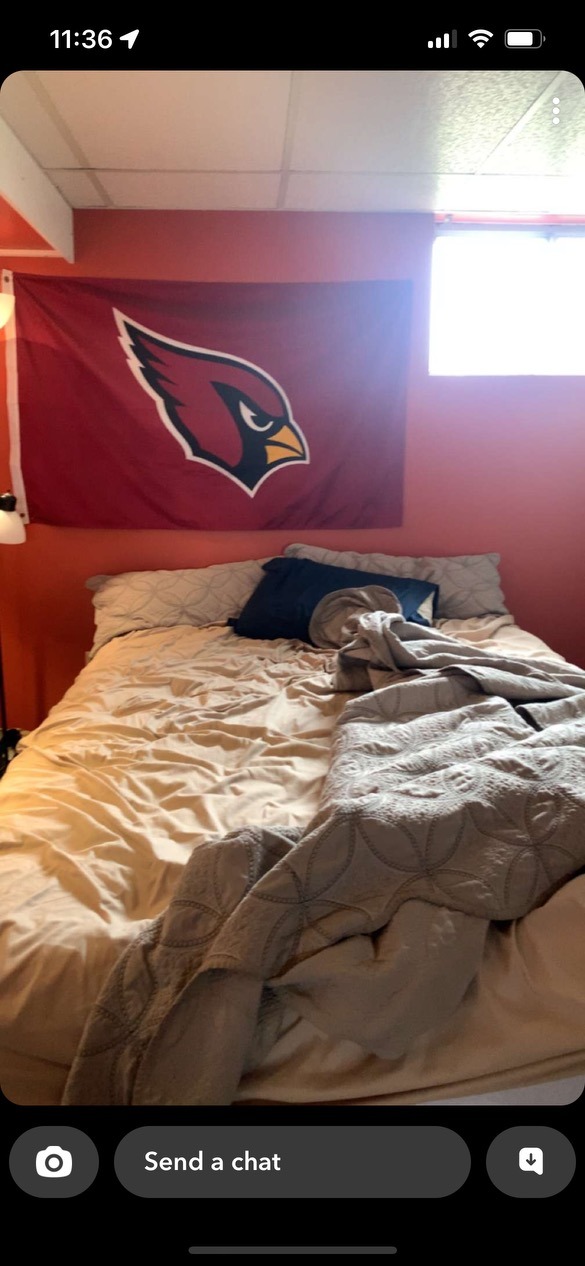
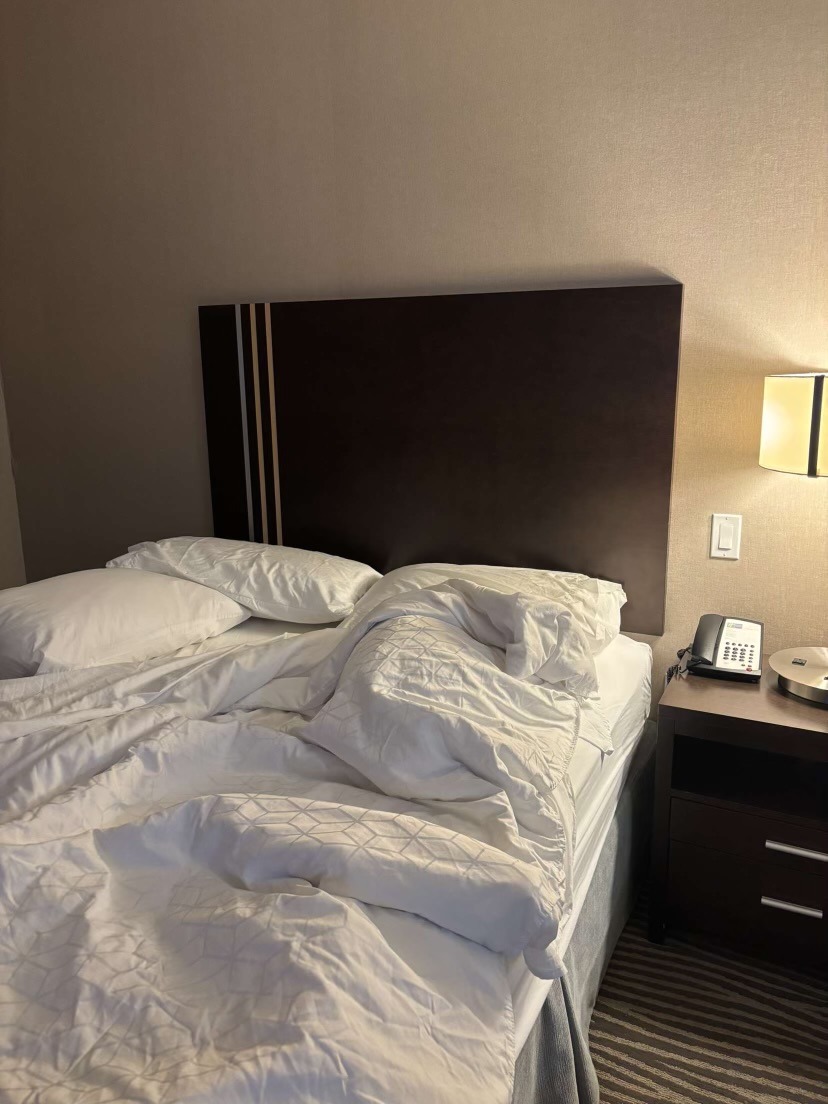
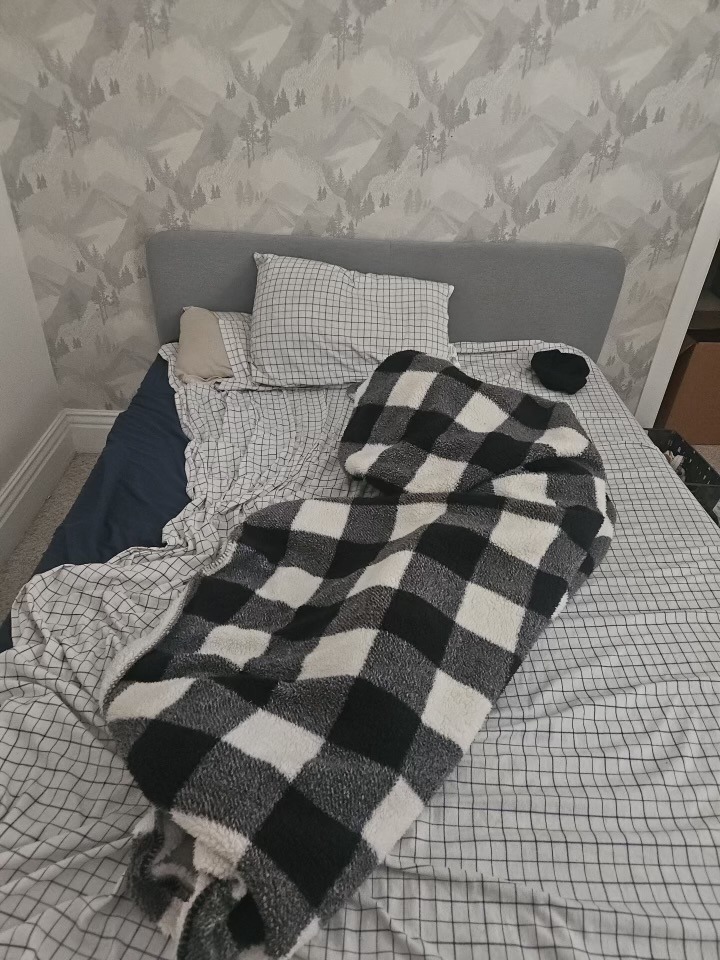
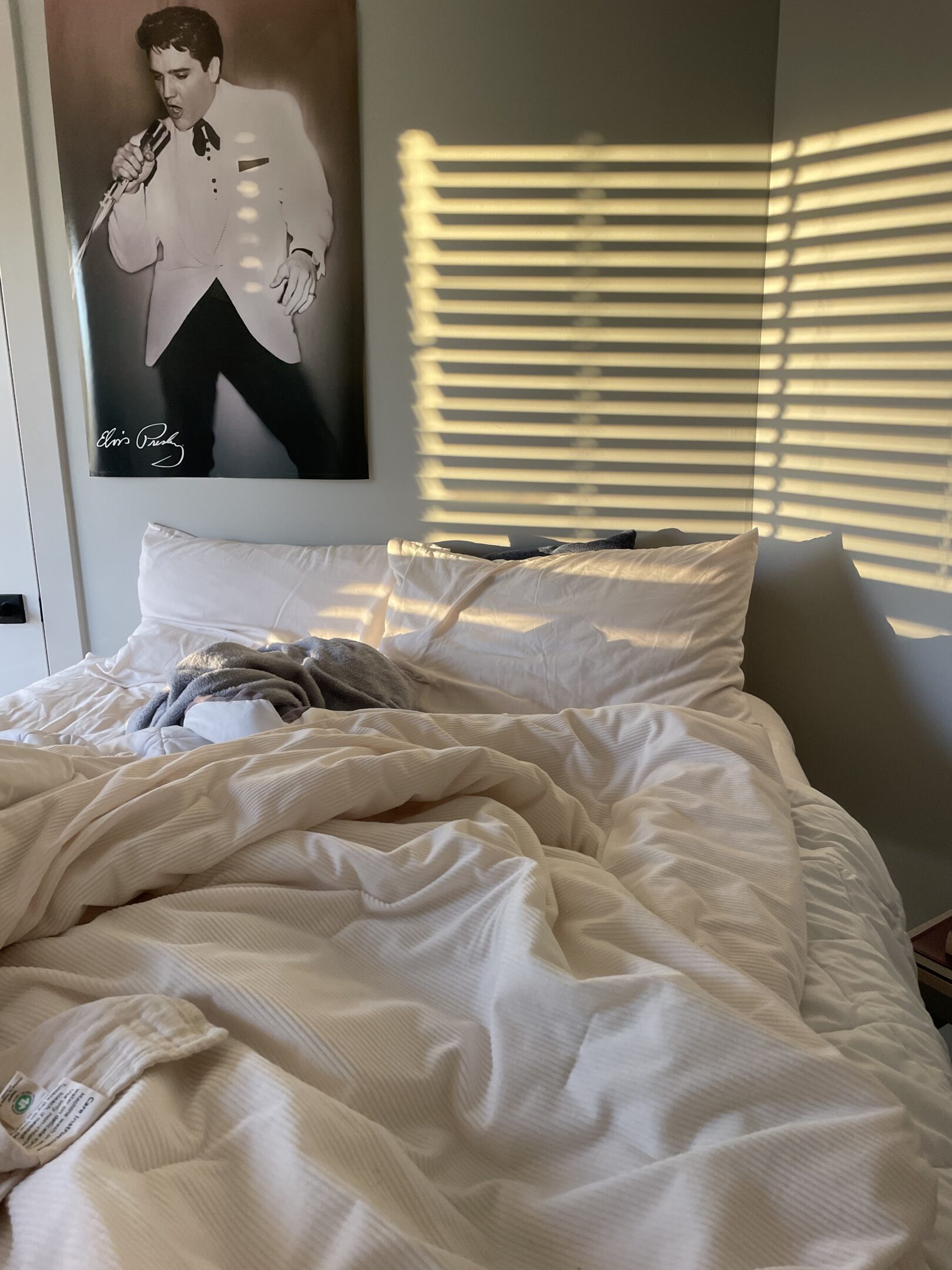

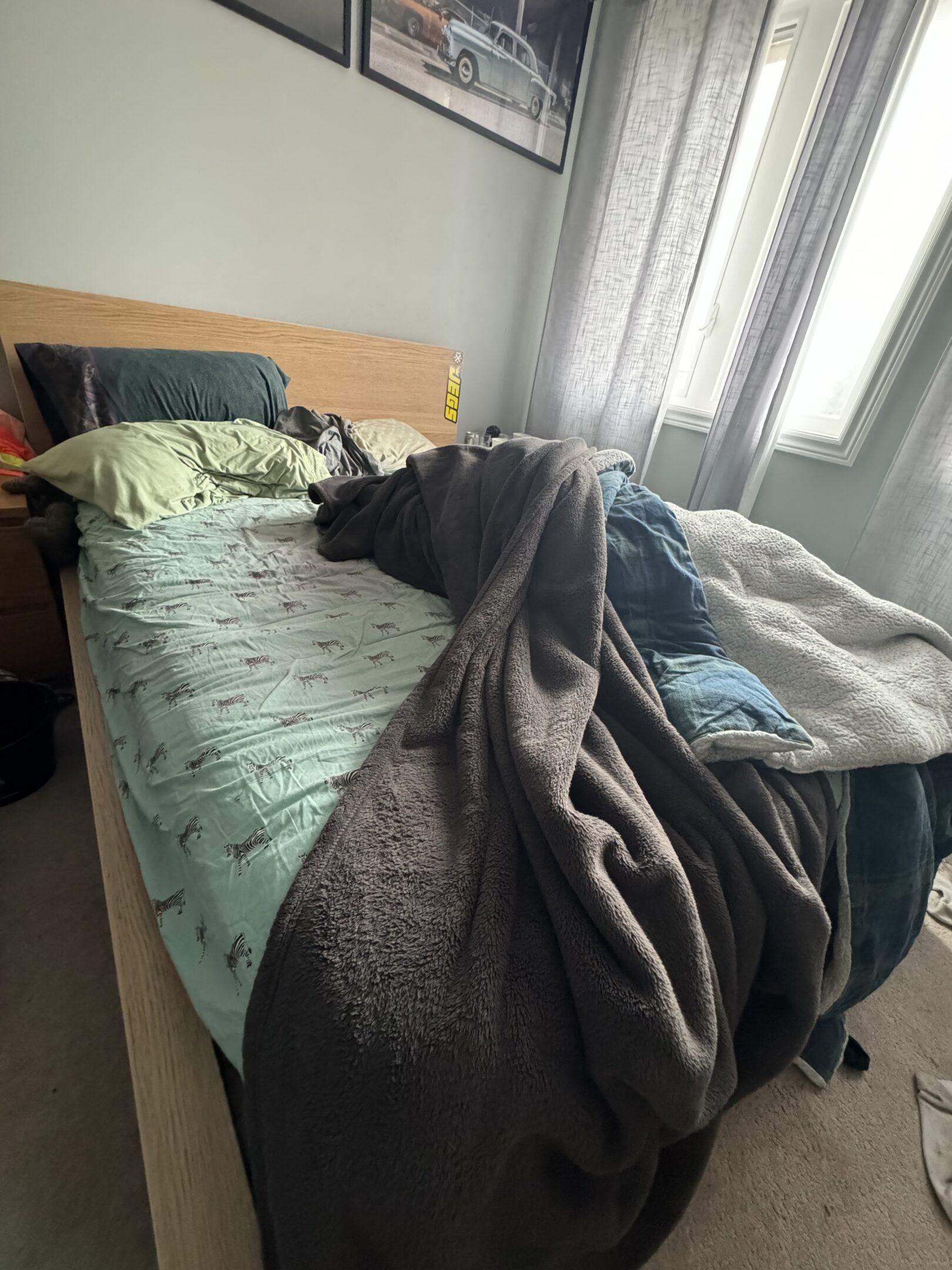
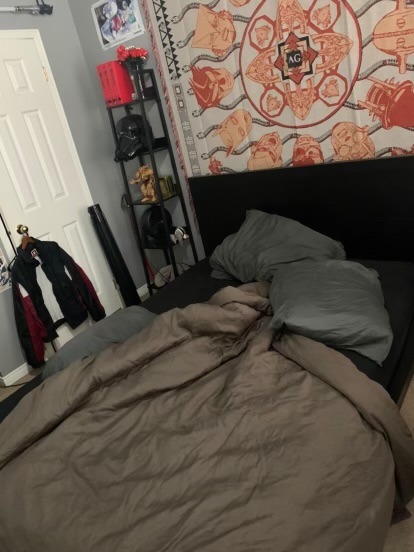
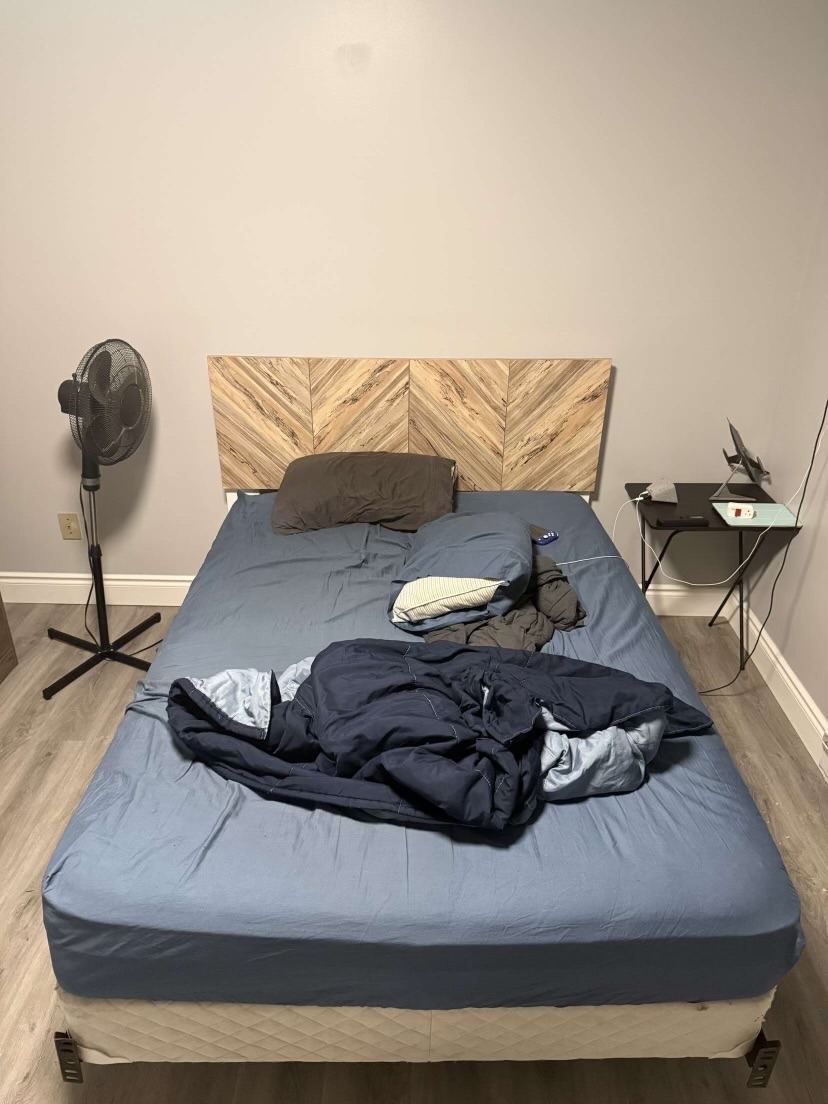
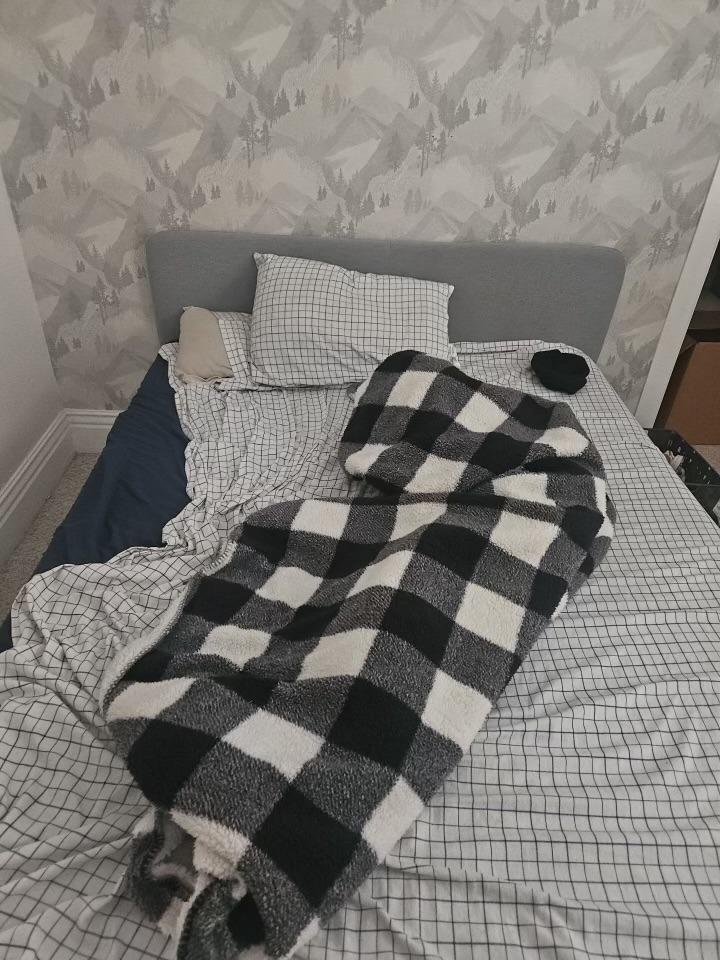
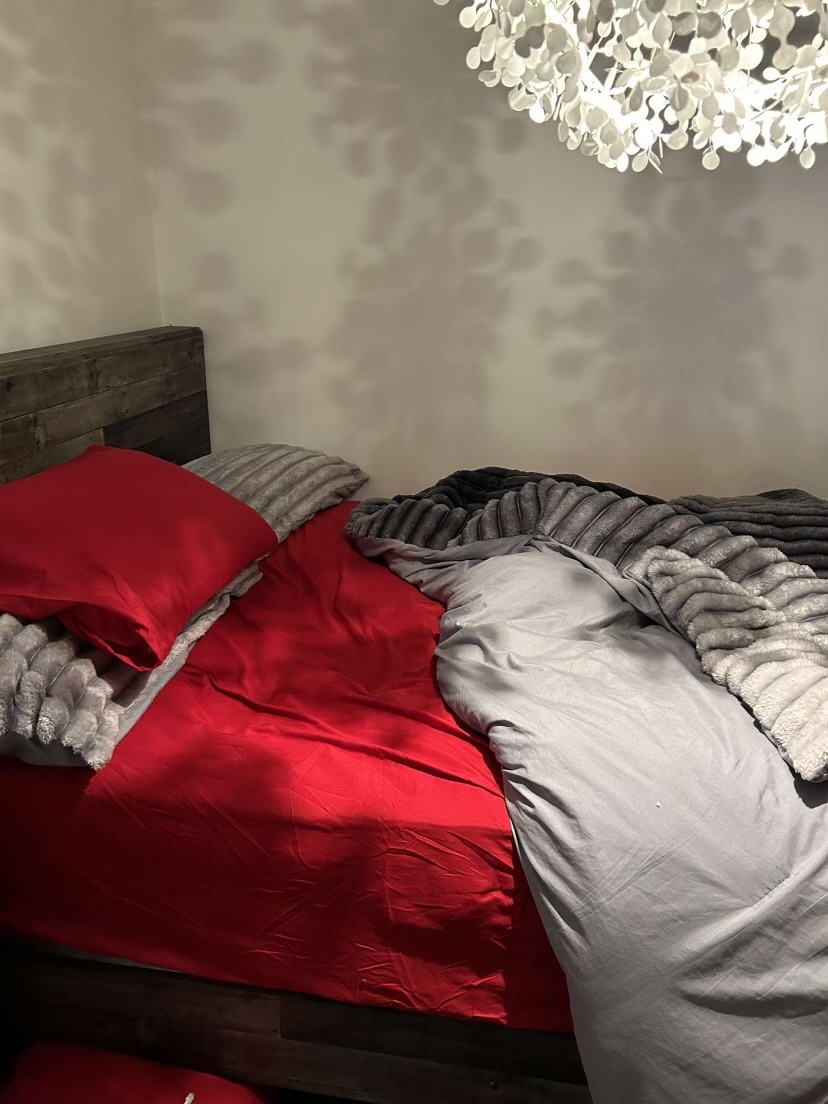
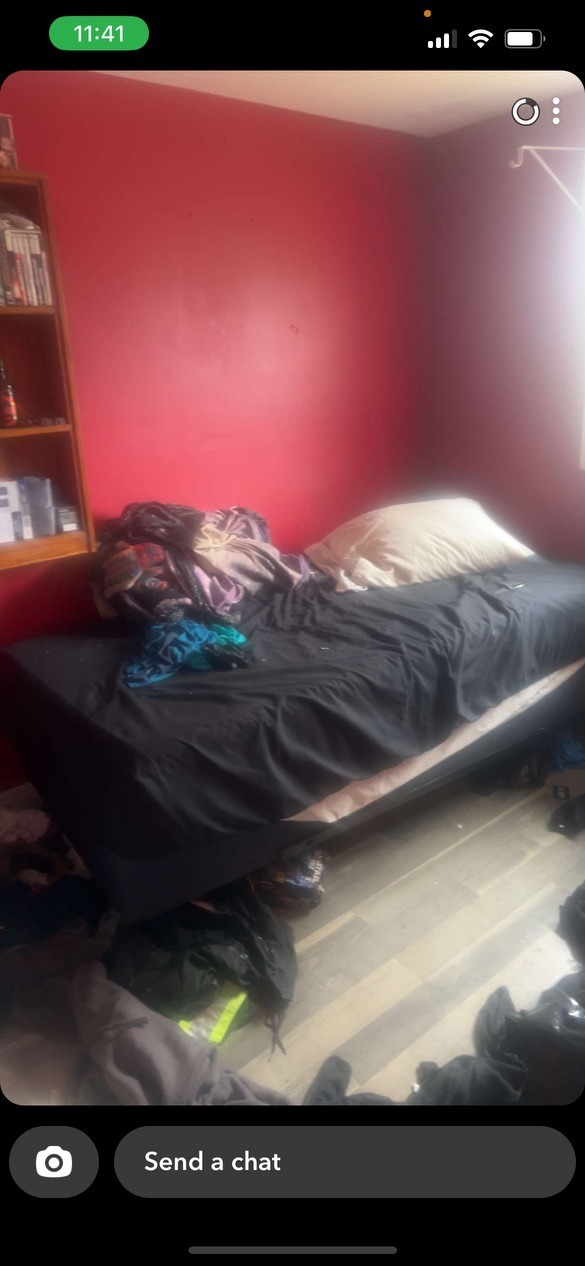
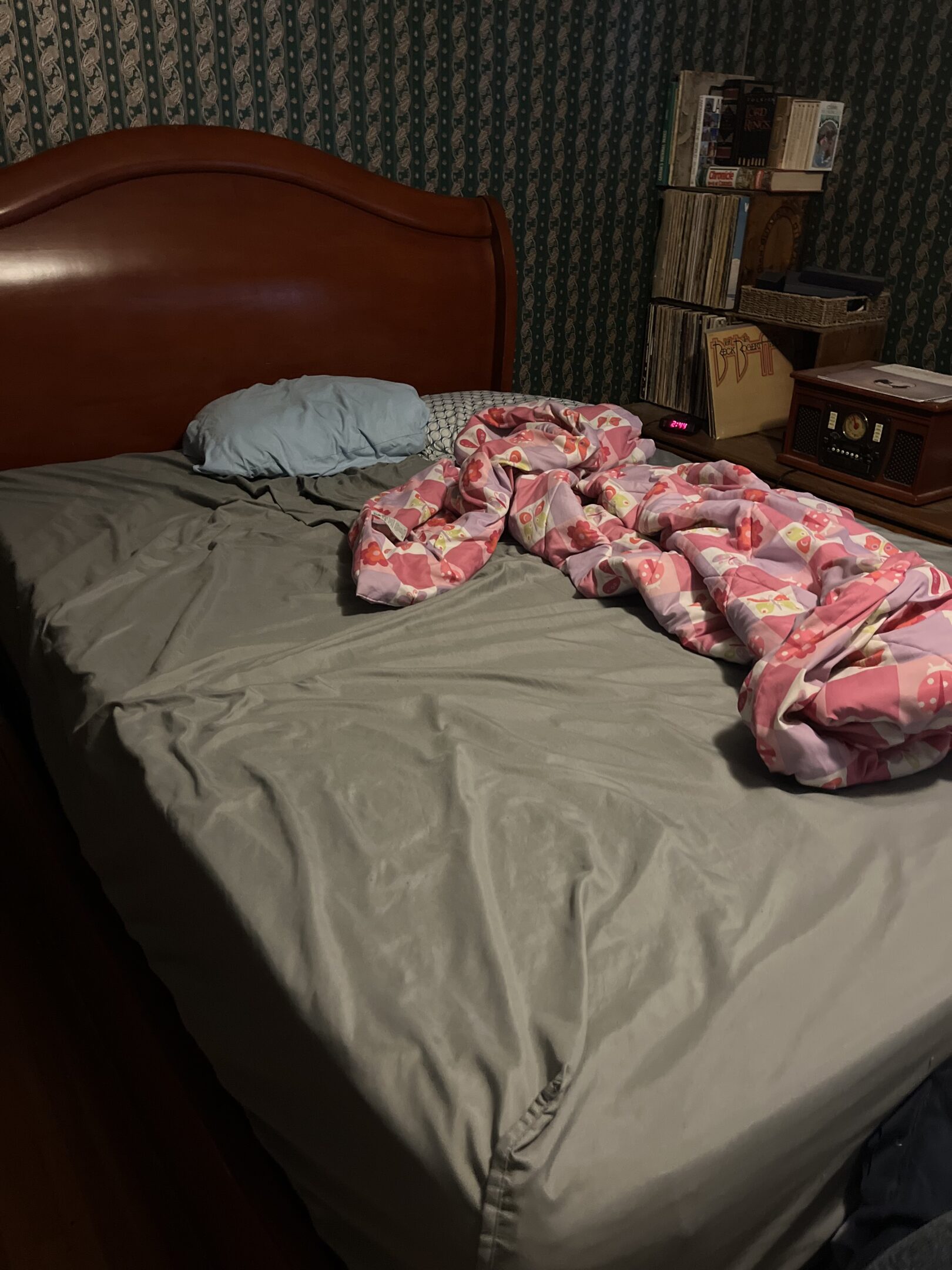
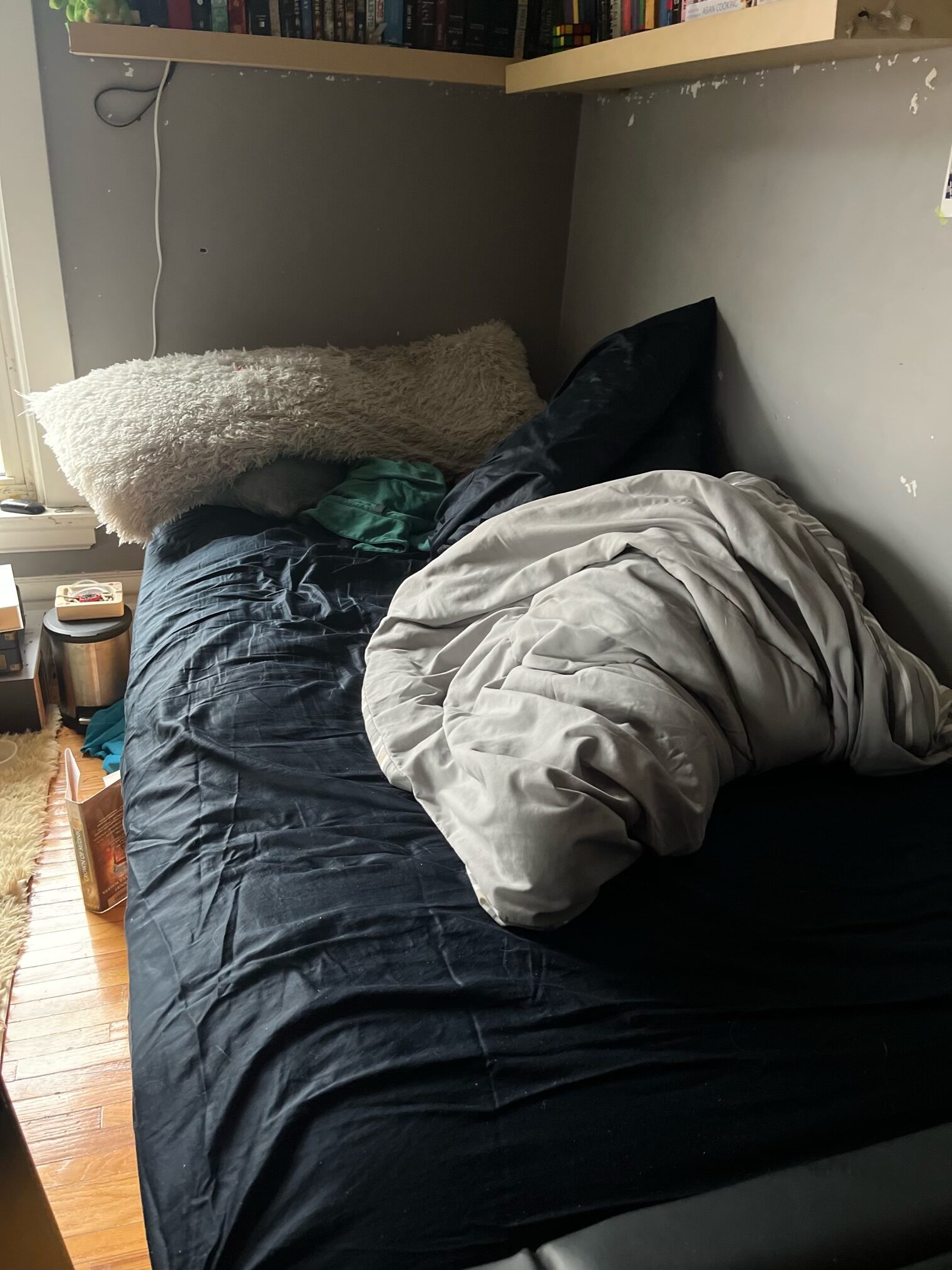
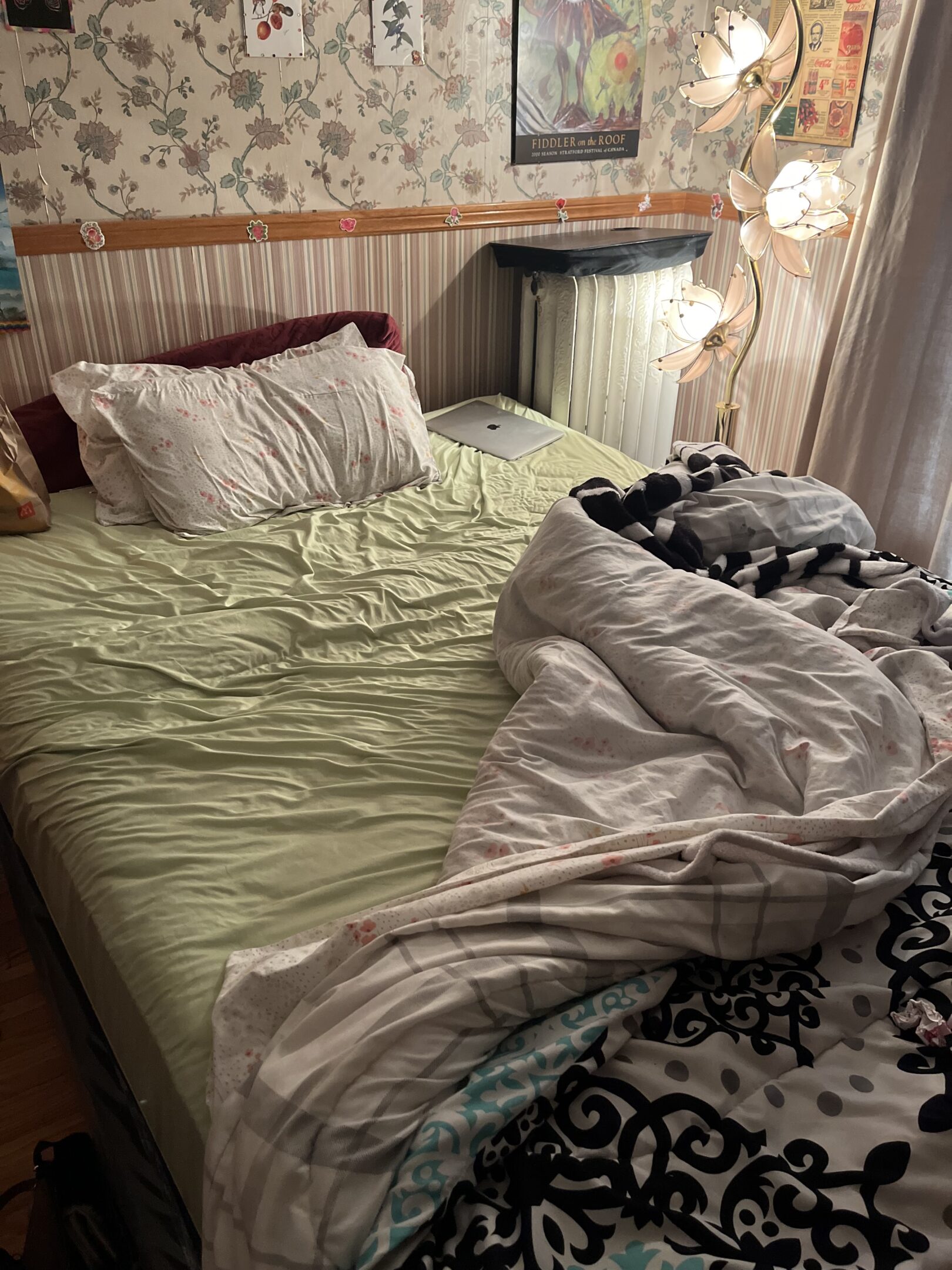

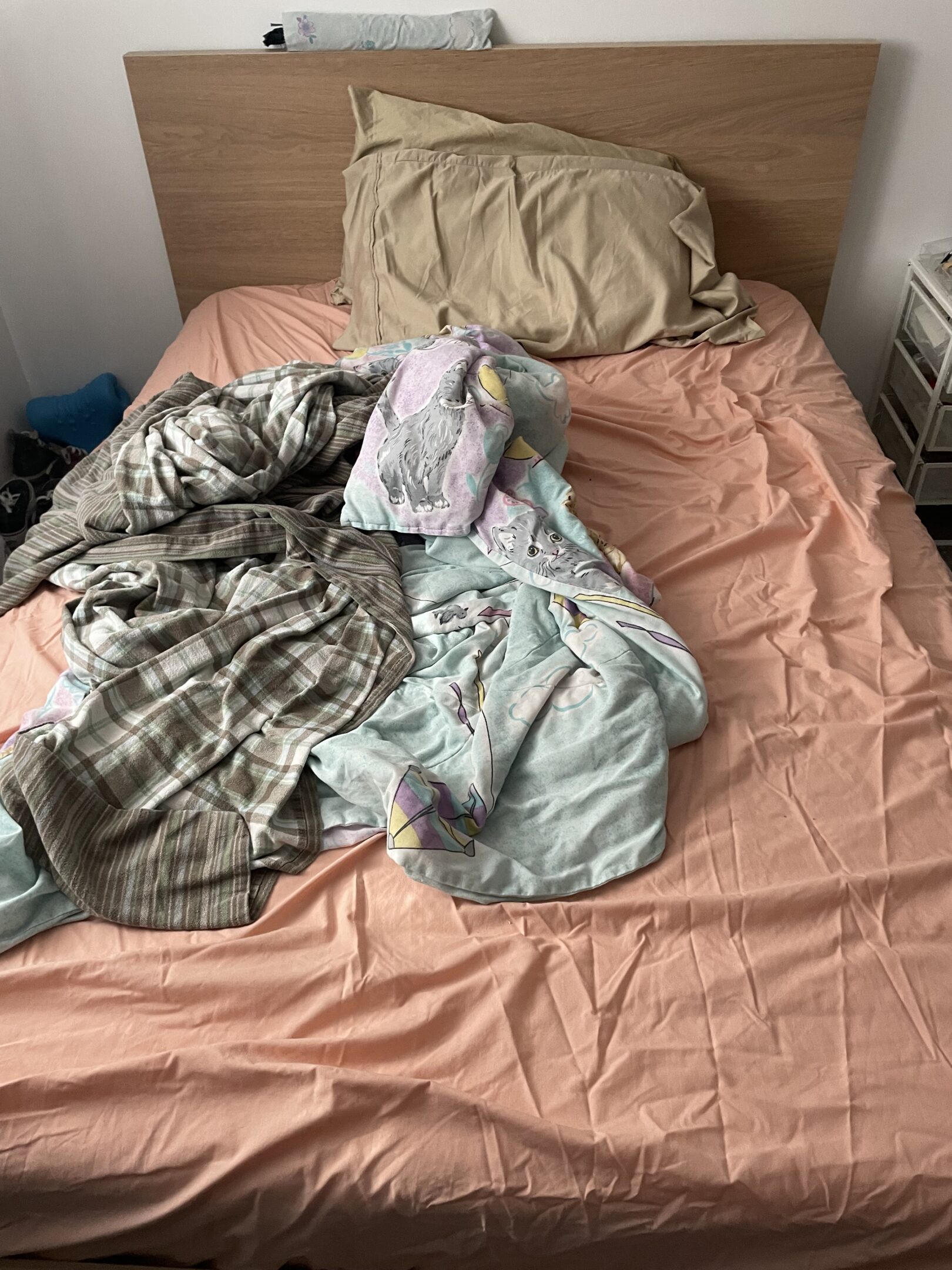
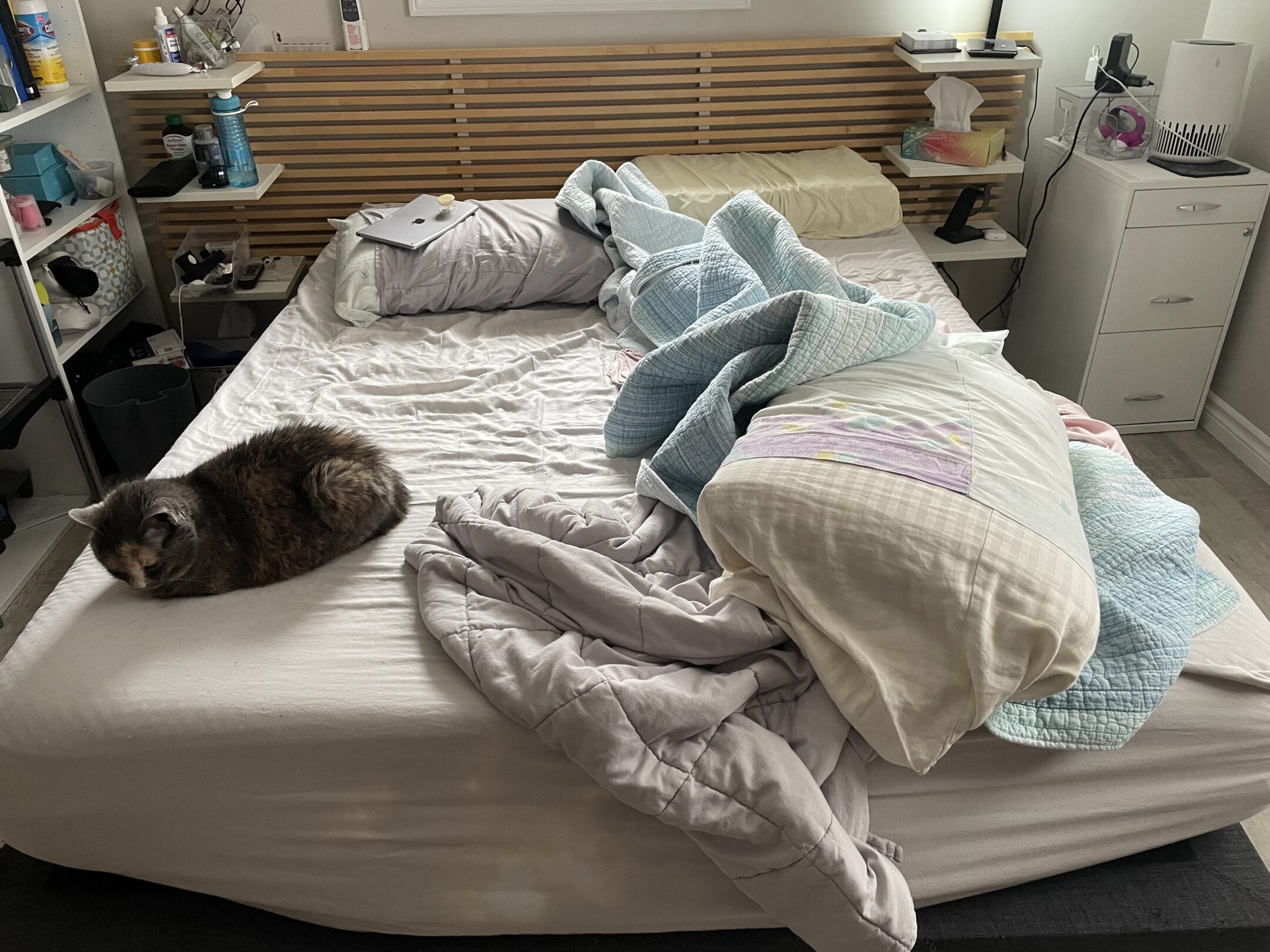
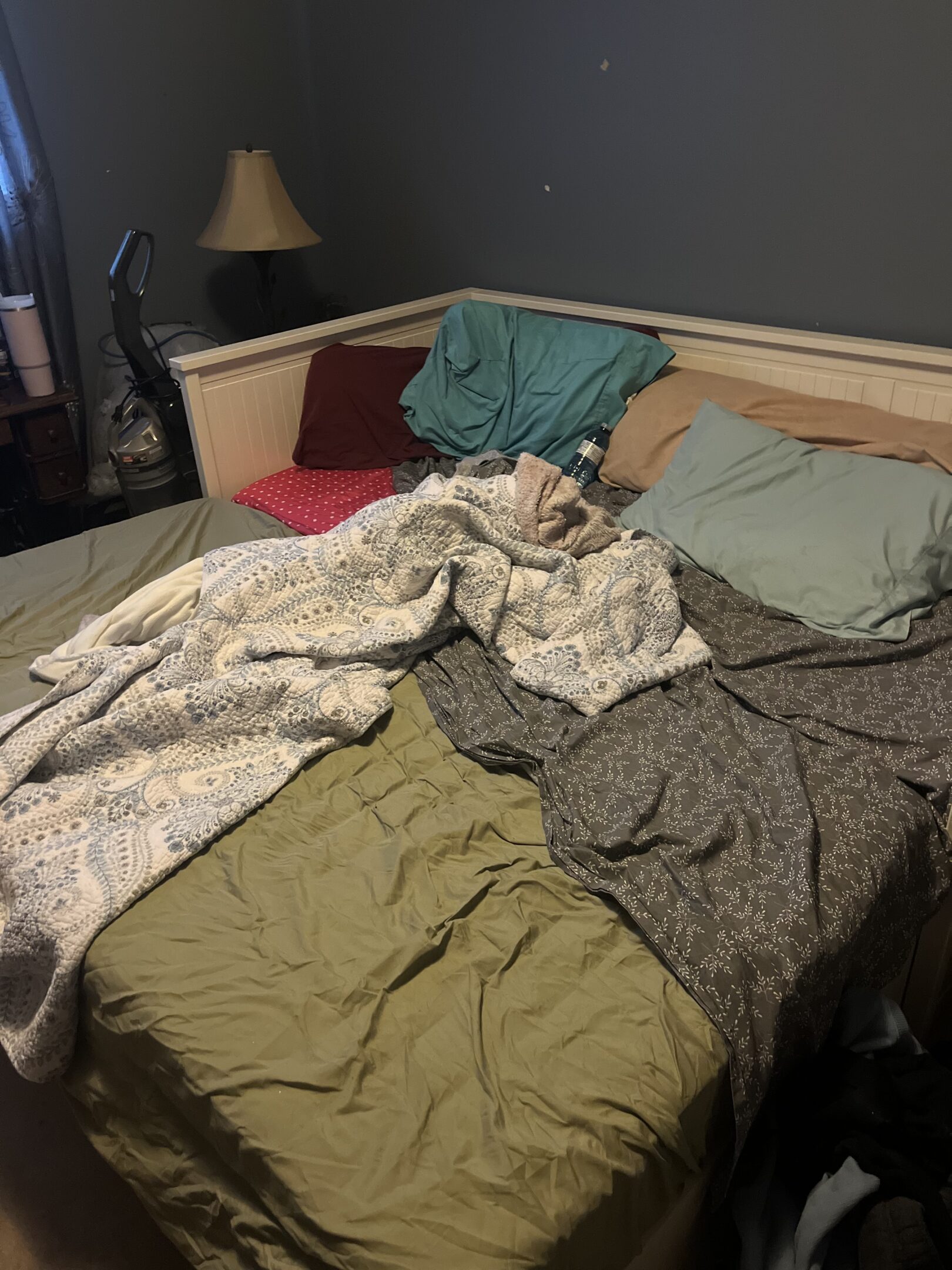
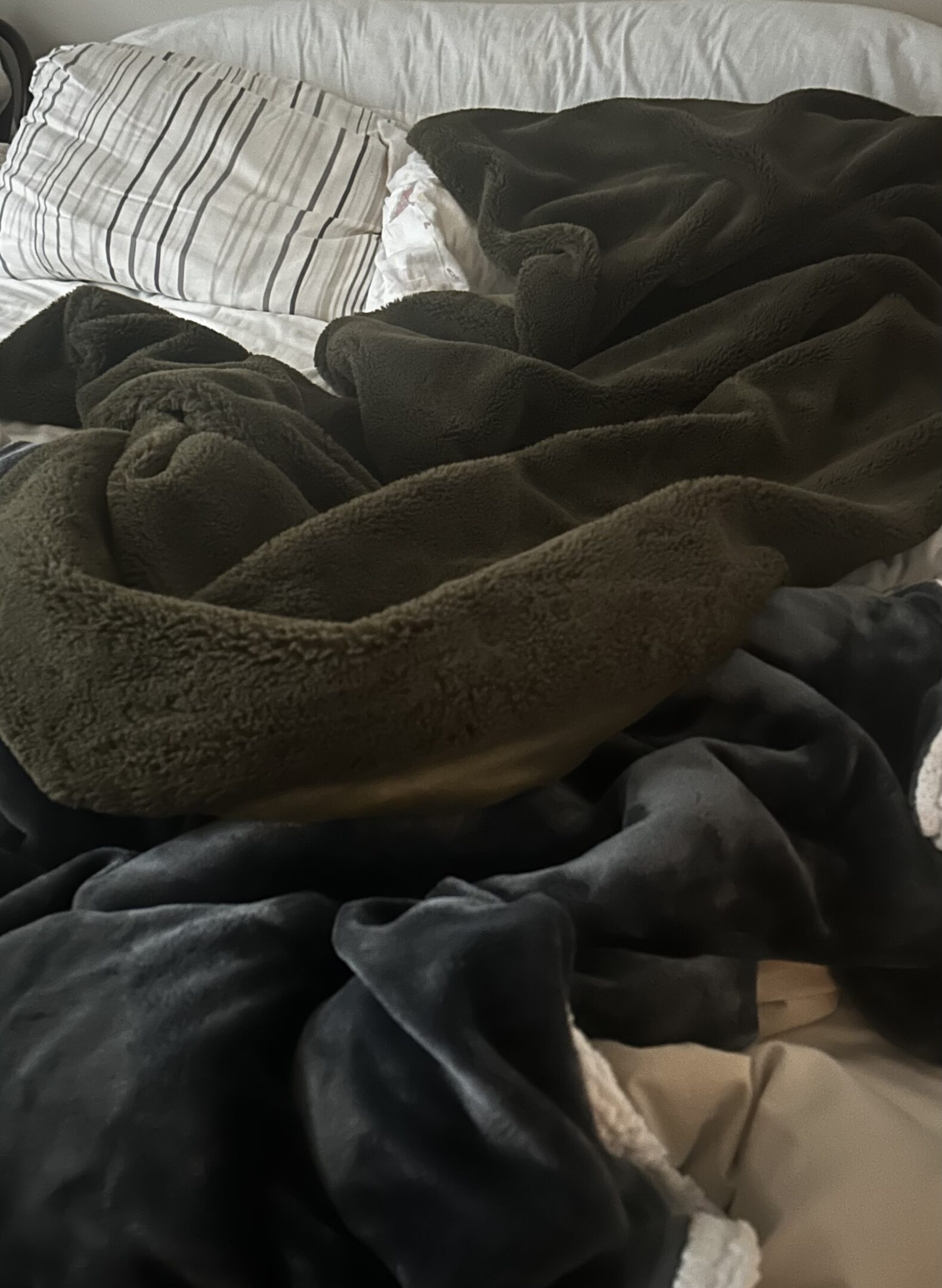
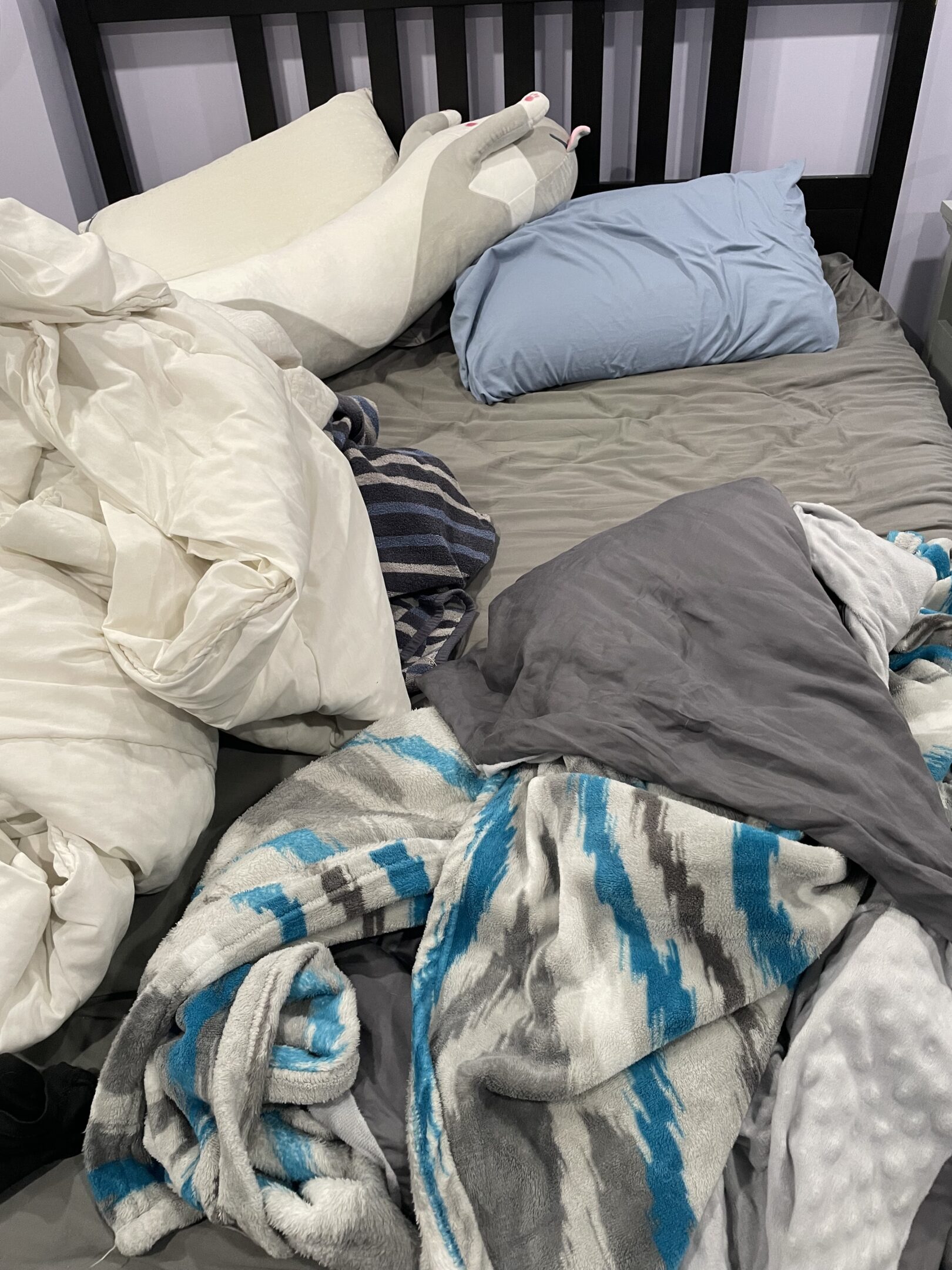
For the final project, I have chosen photos of an artist’s (Fiona Apple’s) lips. I was interested in the individuality that comes with singing, unlike musical instruments, voices are much more unique in the sounds they produce, a musician art work is made more important by the power and use of their voice, whereas instrumental music can be replicated more easily. These buttons provoke conversation about whether people think instrumental sounds or vocal sounds are more important to a good song/ successful song. Additionally, these buttons showcase this particular artist’s instrument of choice, her use of her voice to create art and the uniqueness that comes with individual voices.

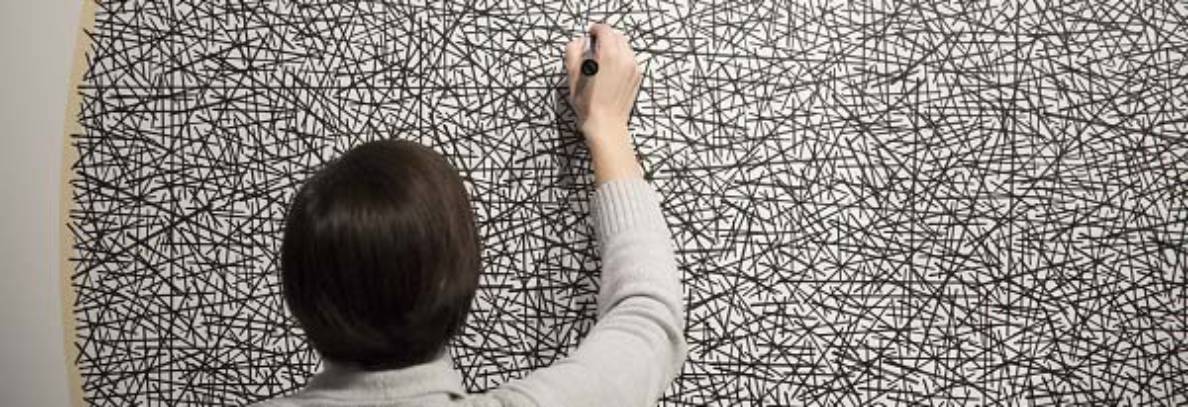
You must be logged in to post a comment.